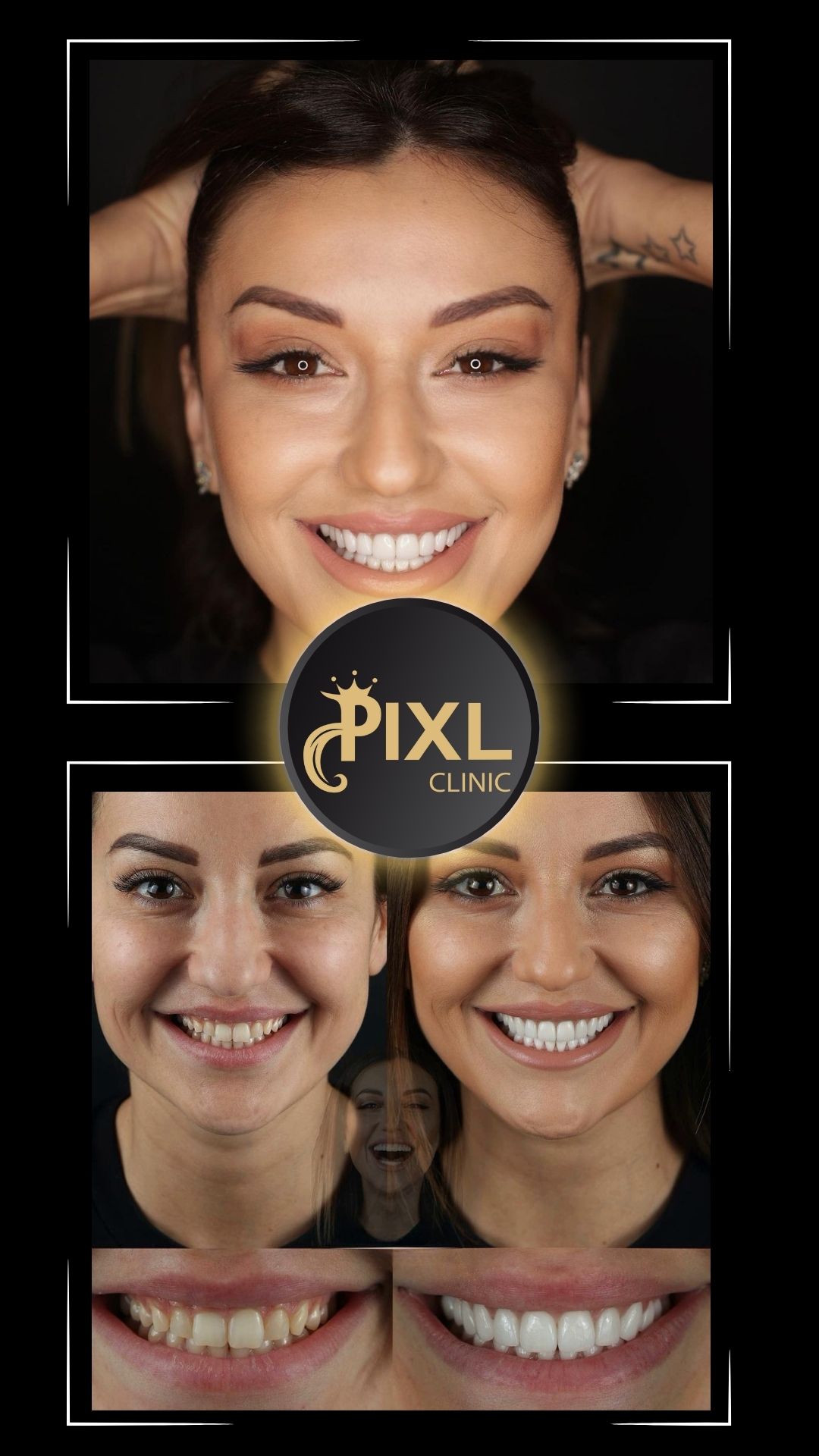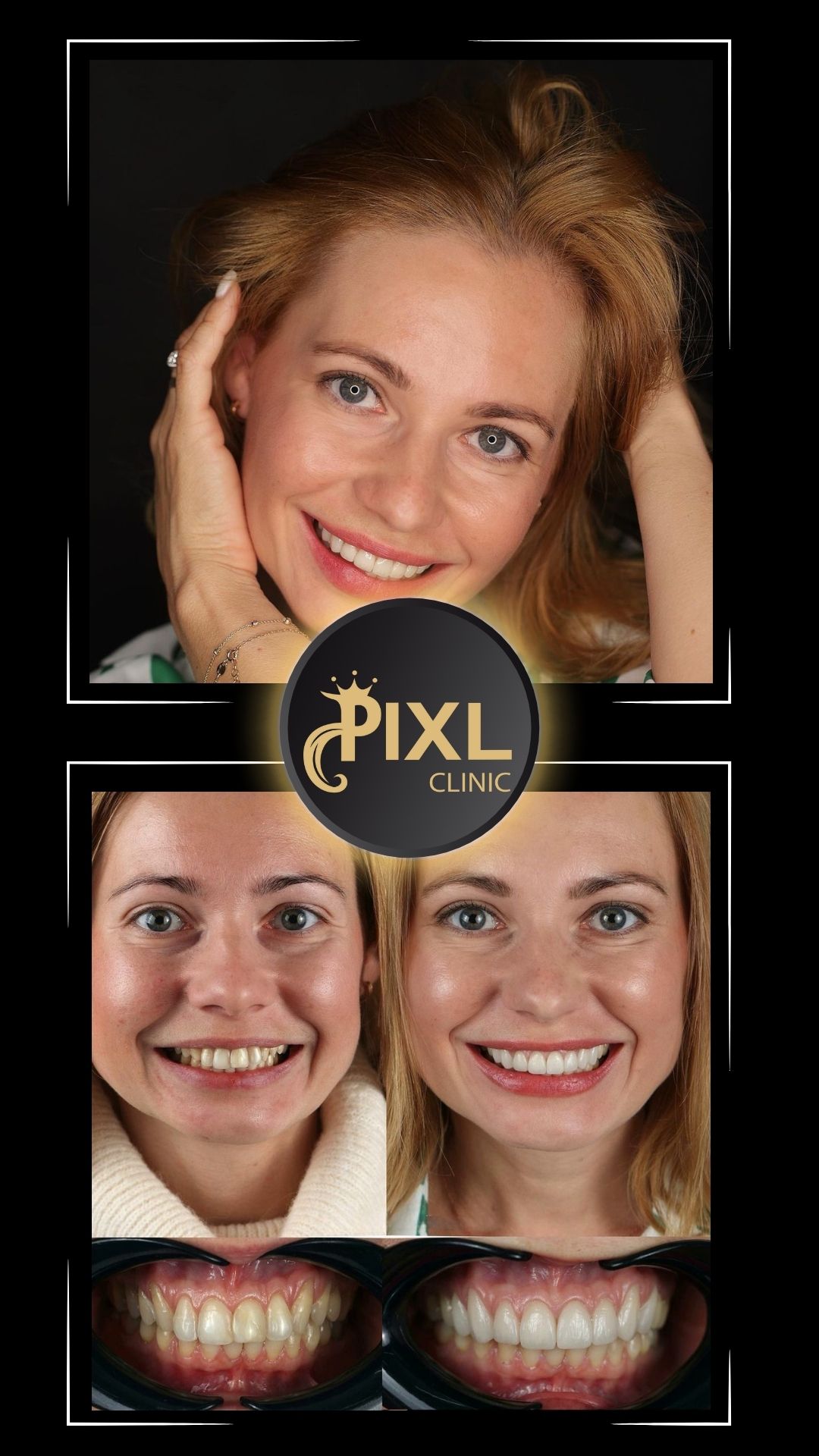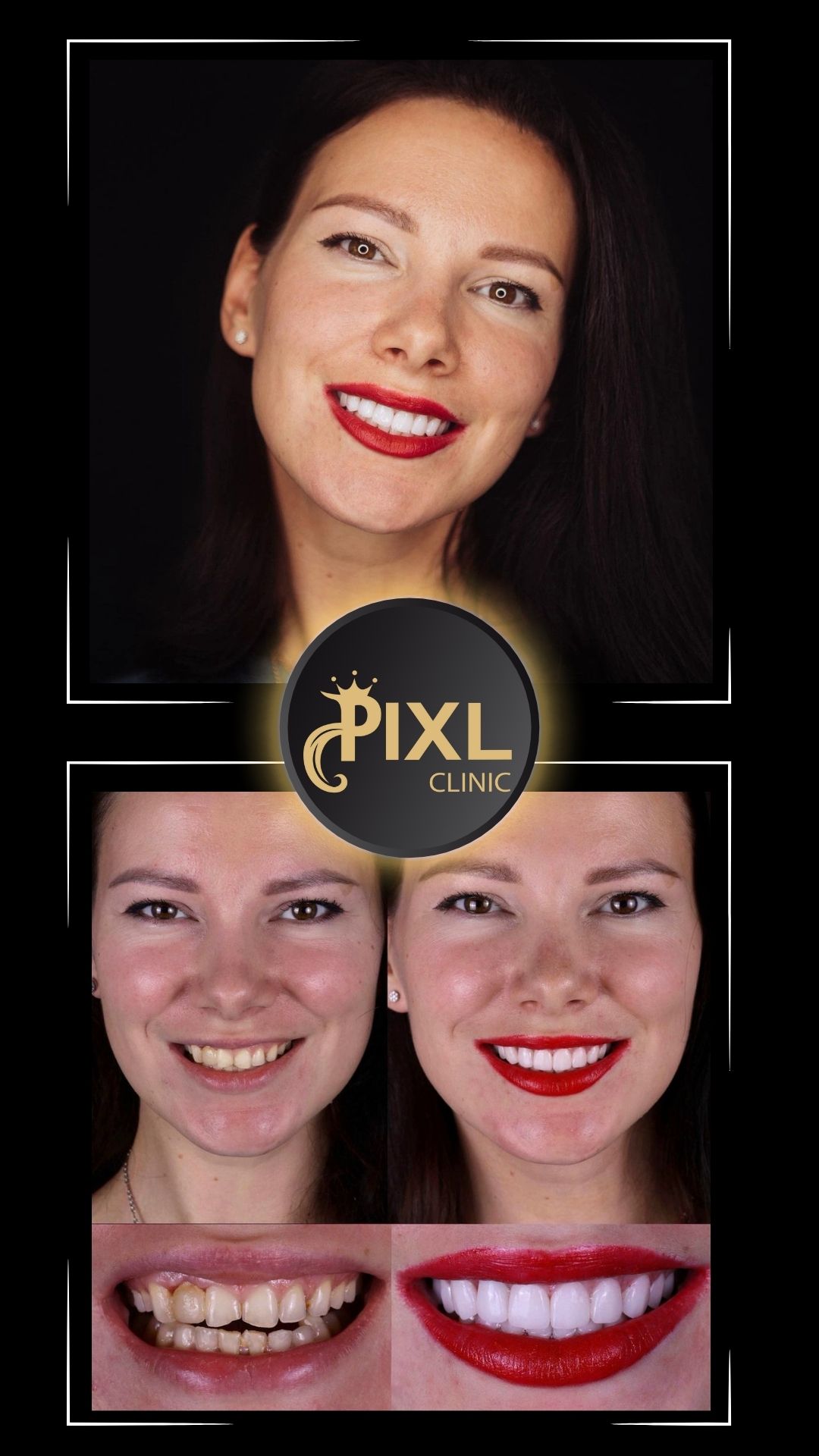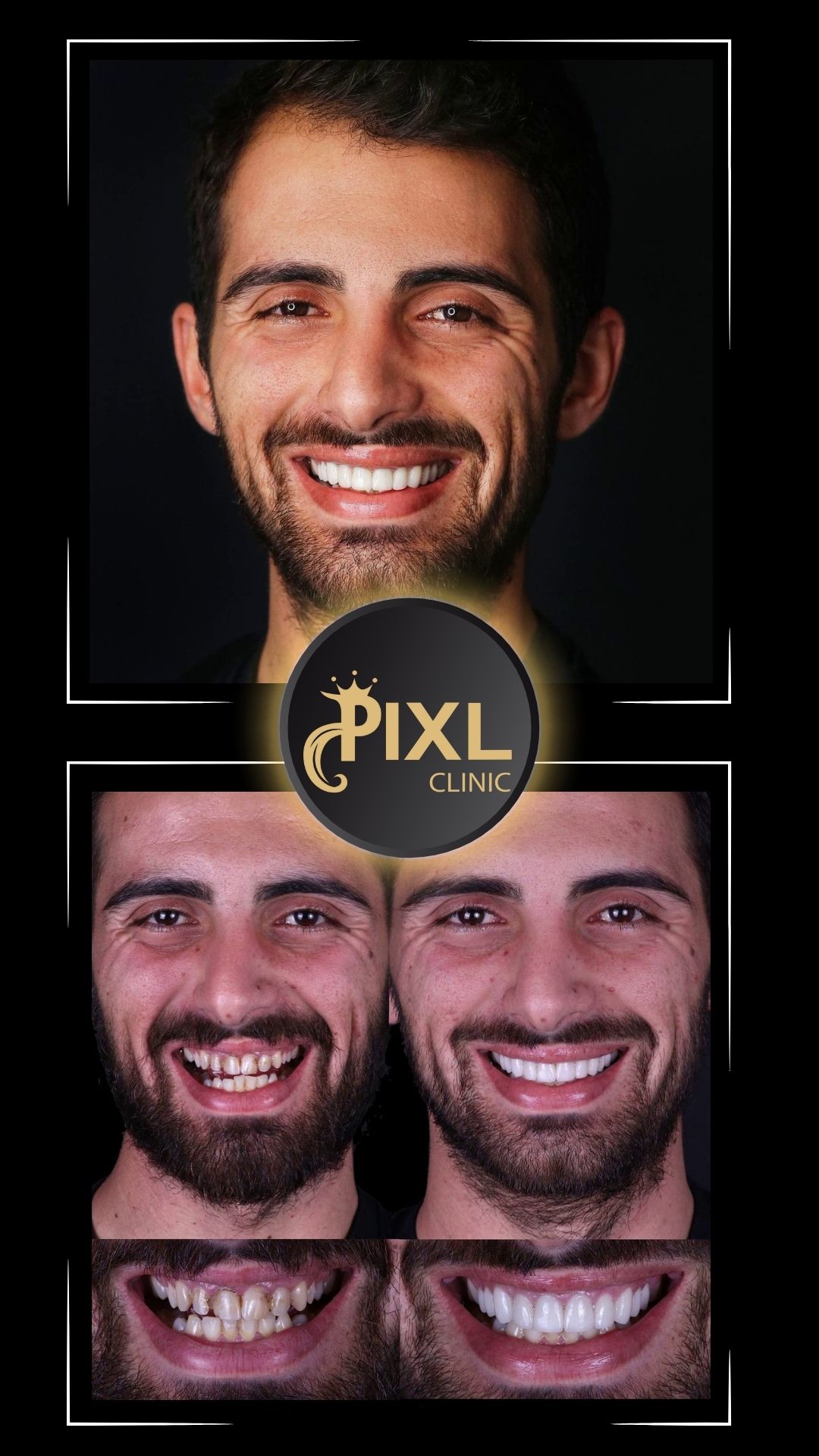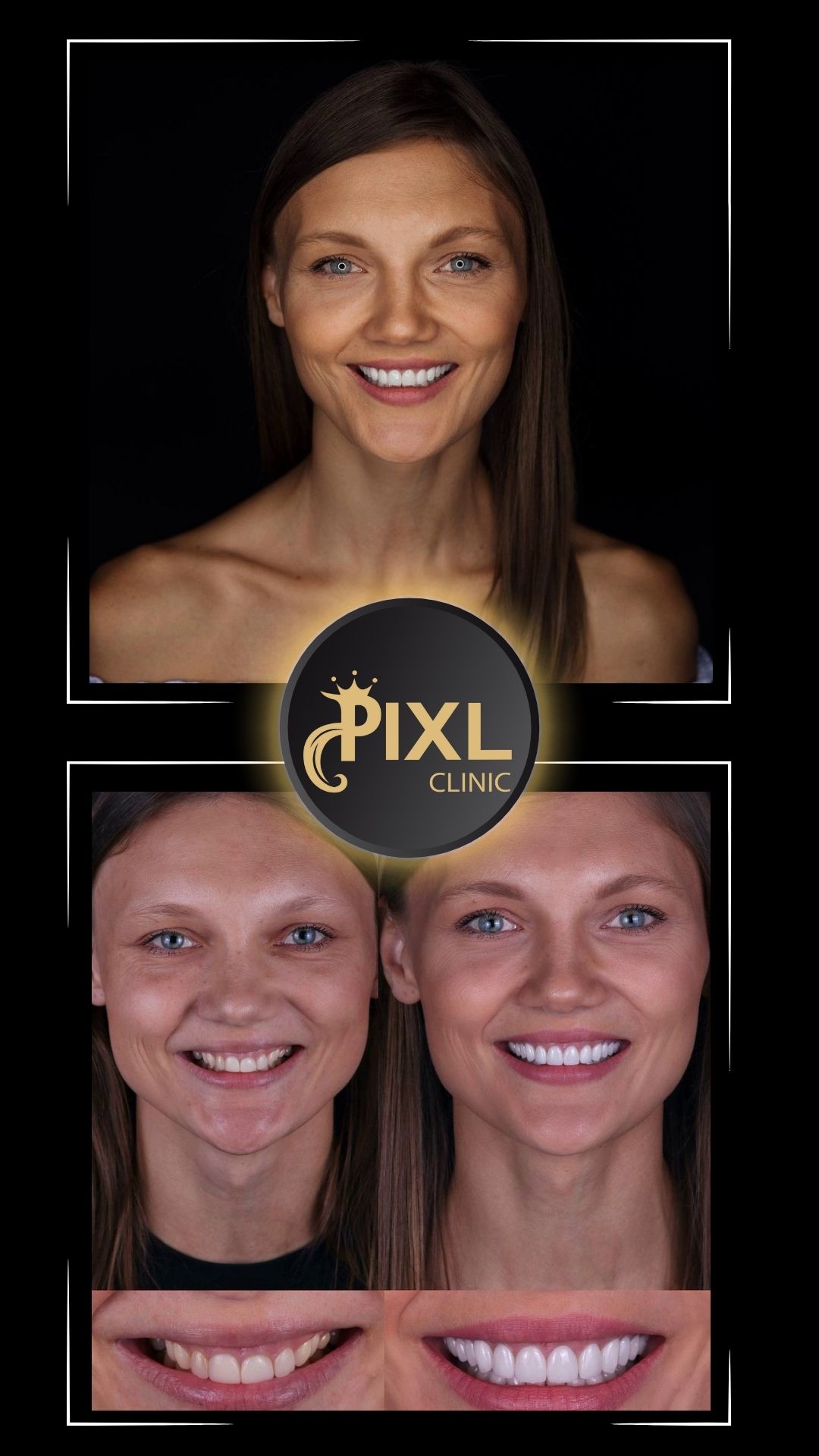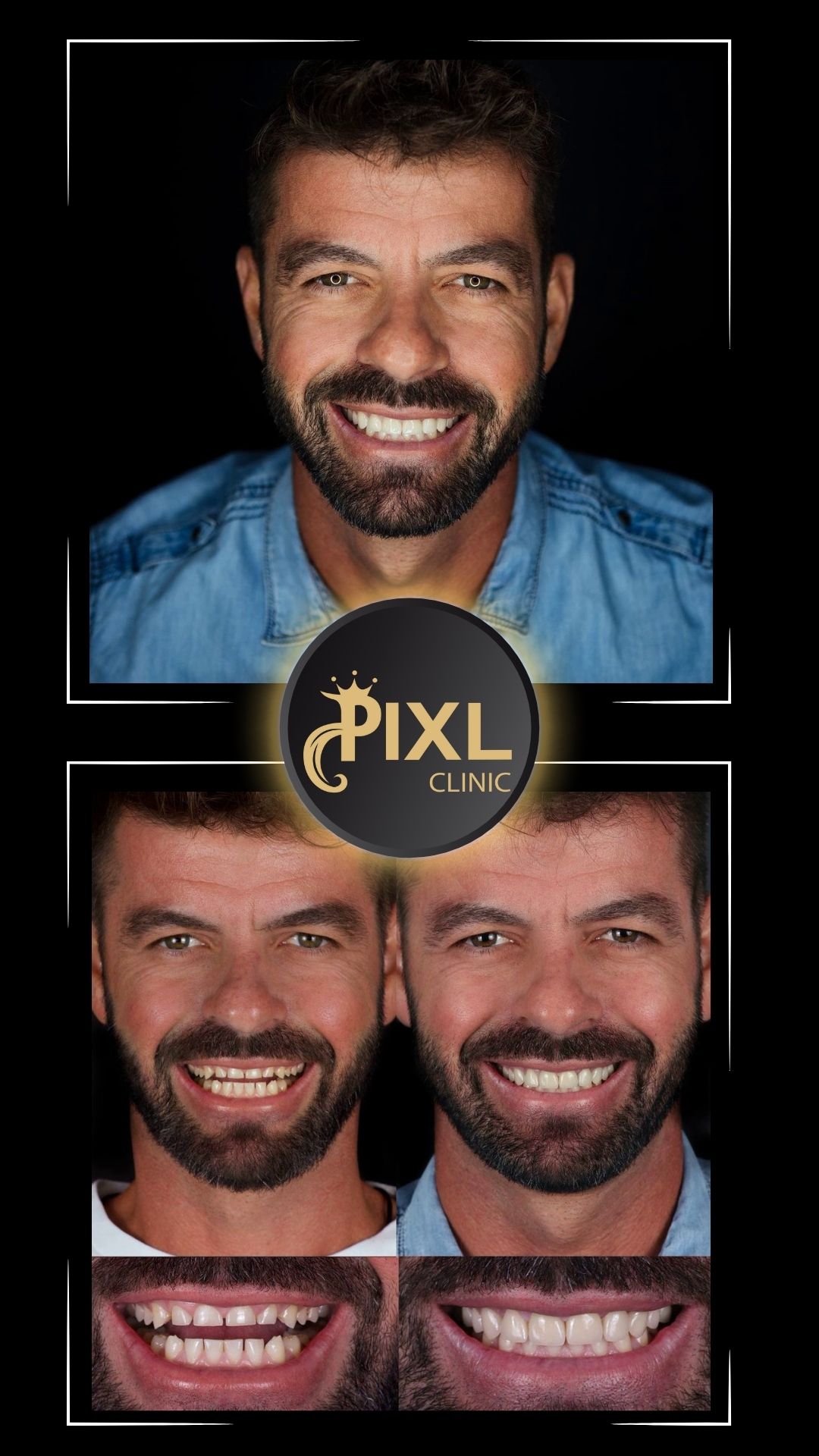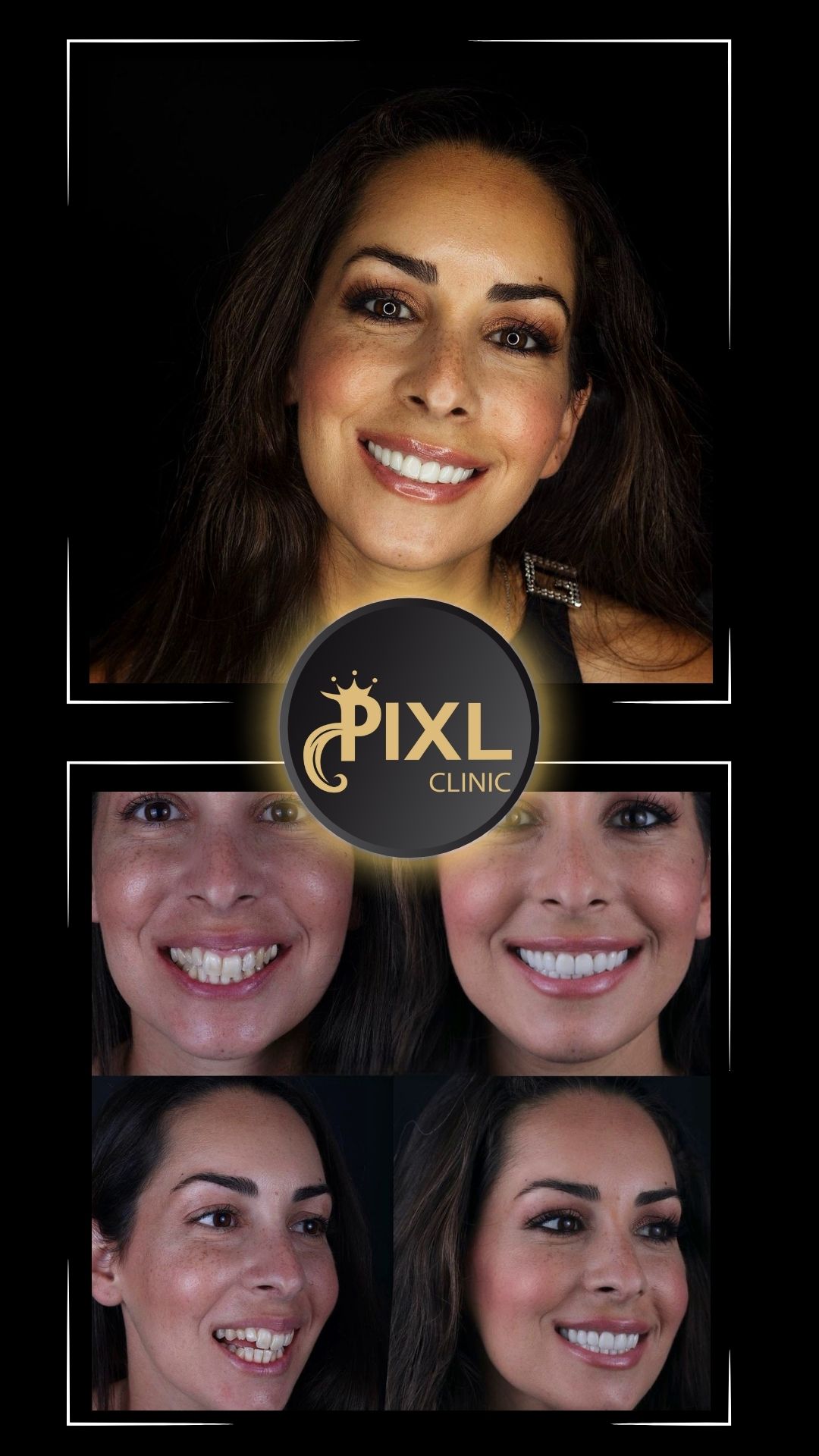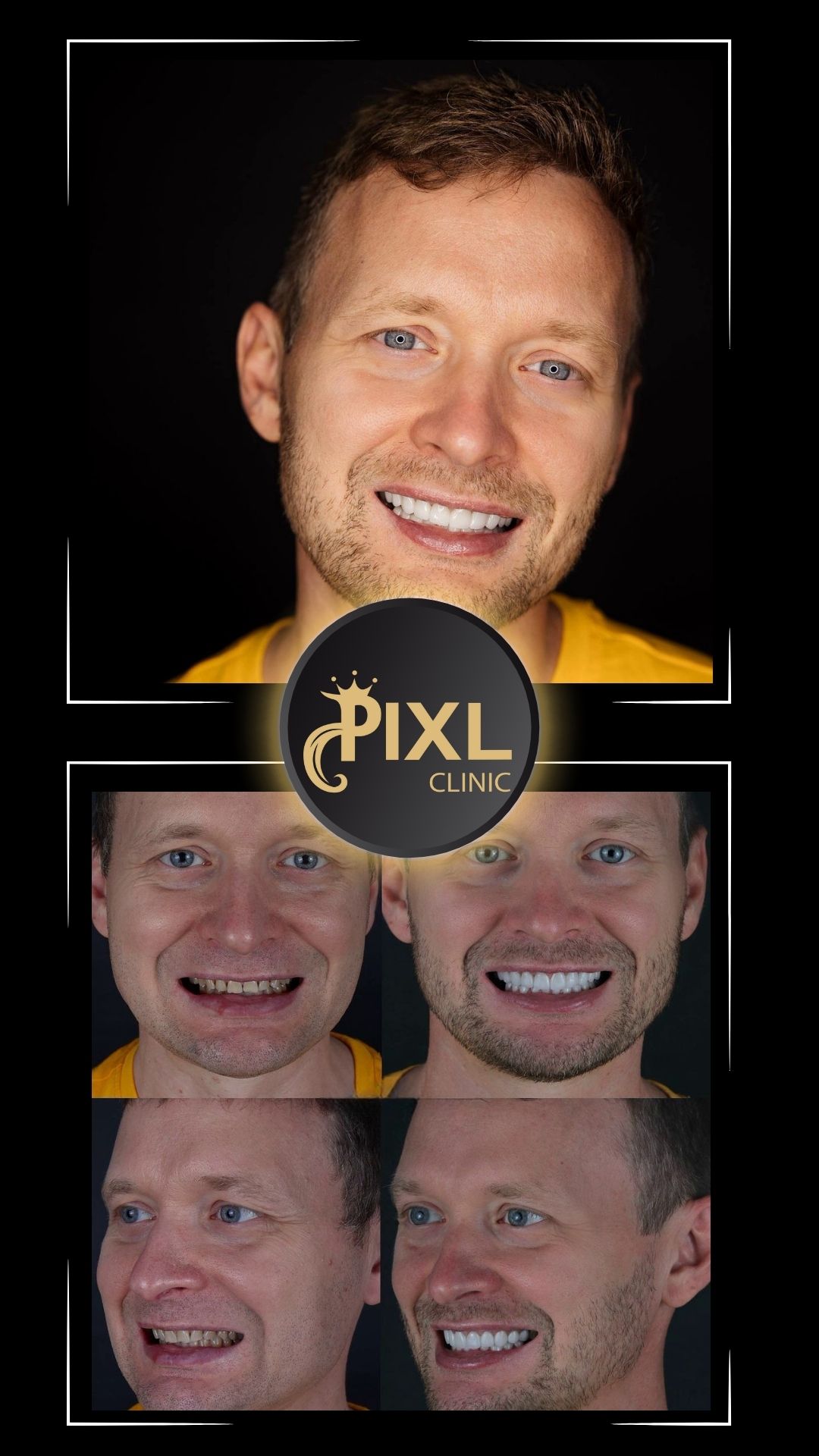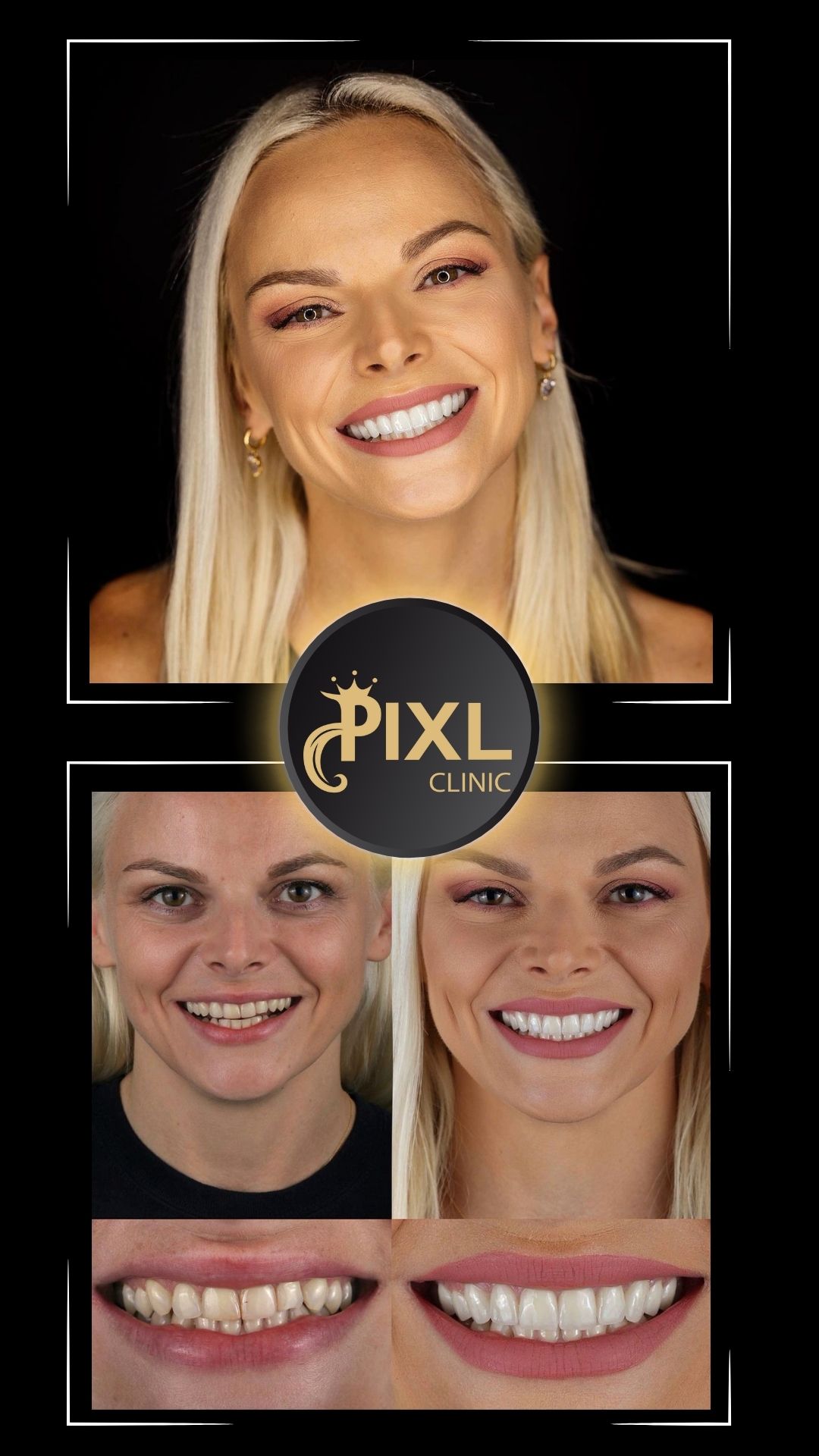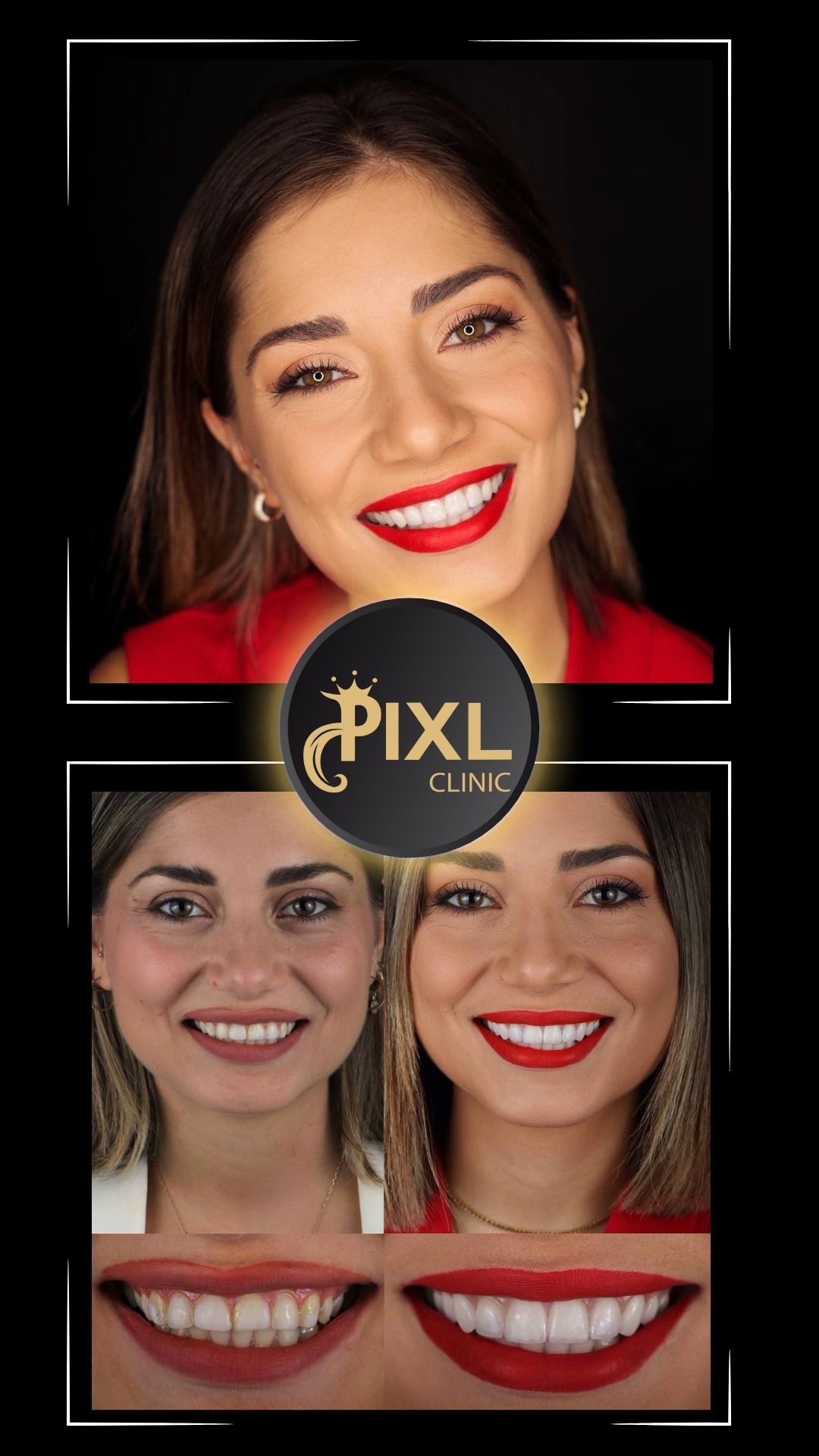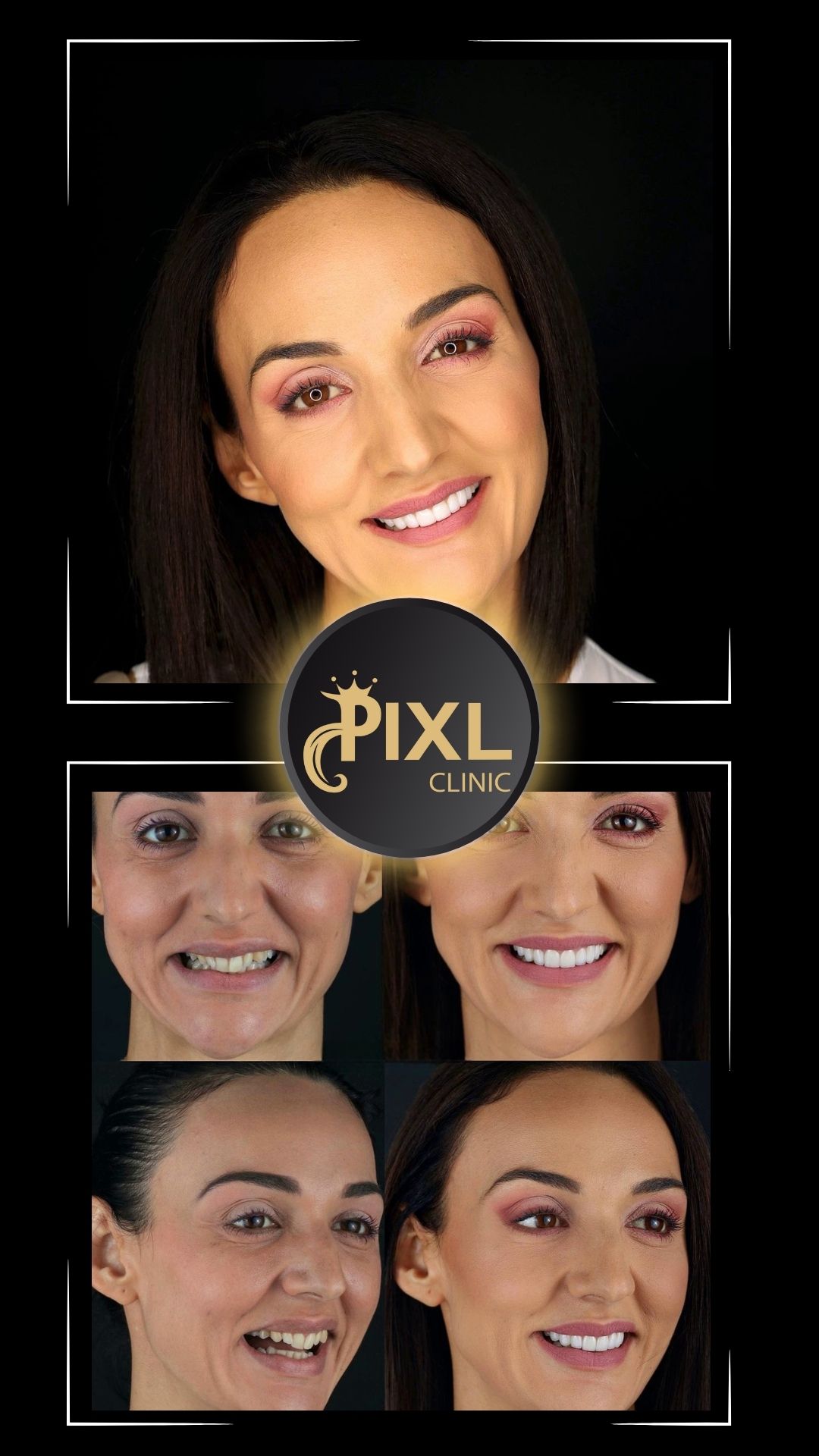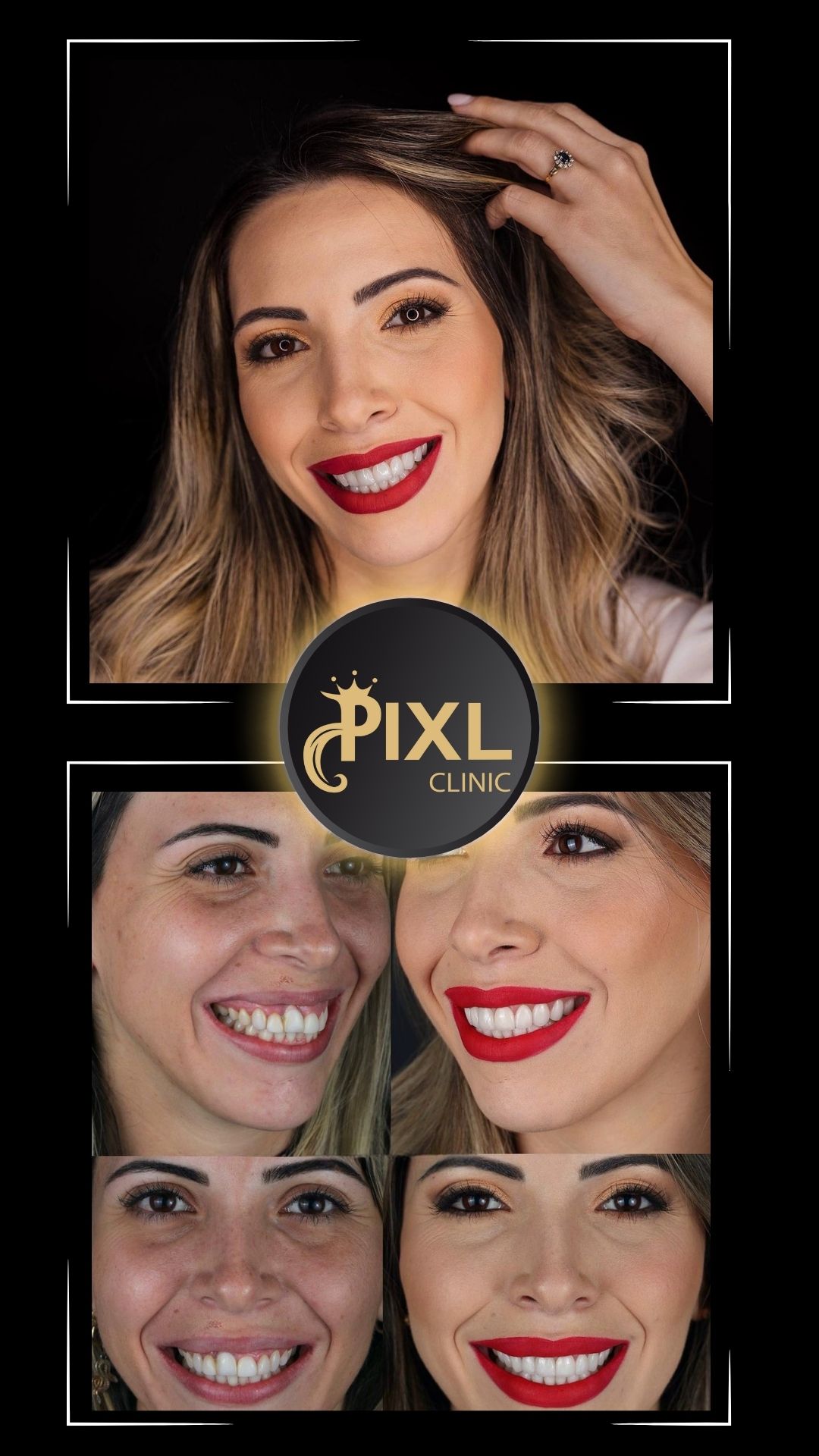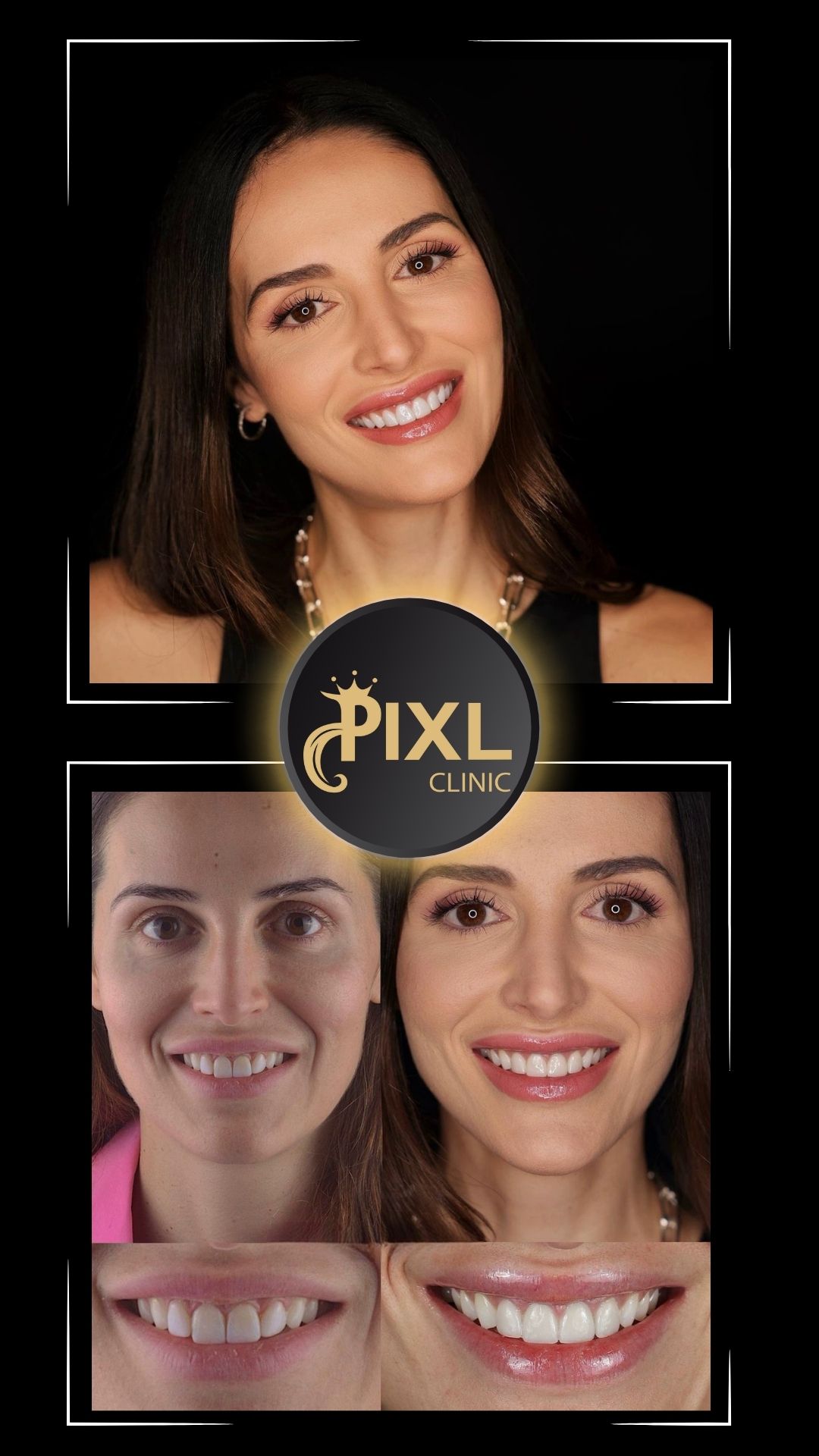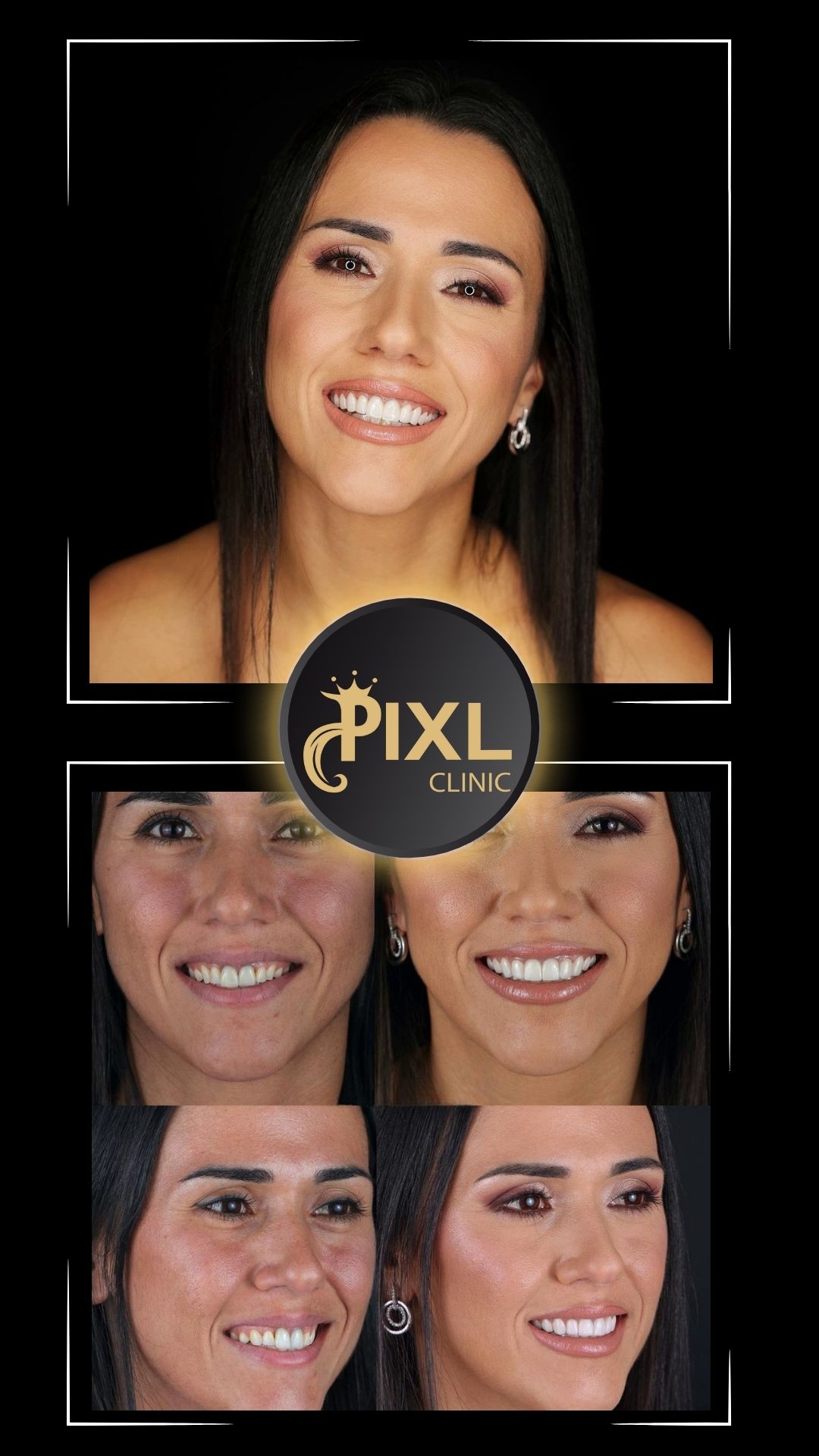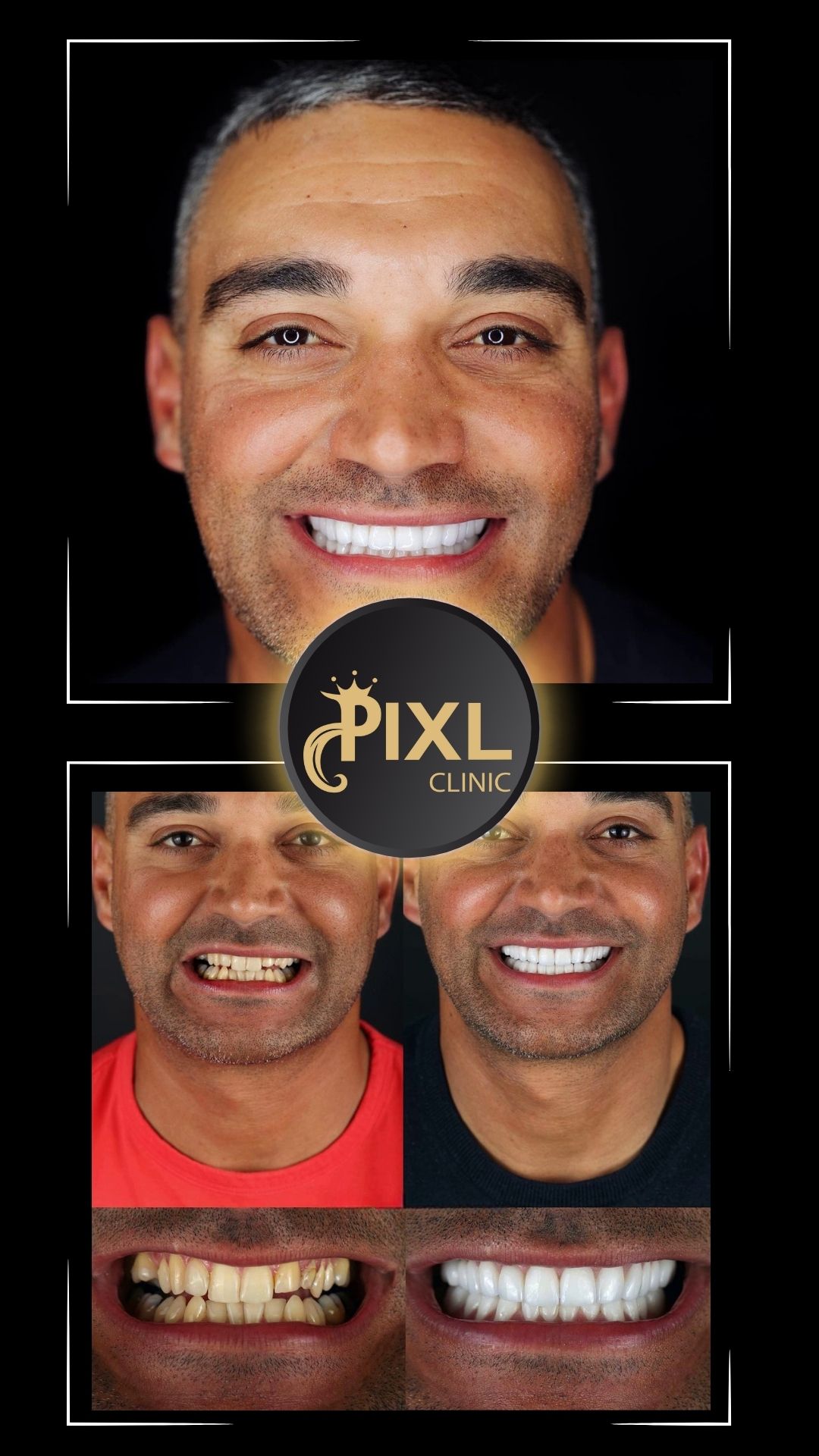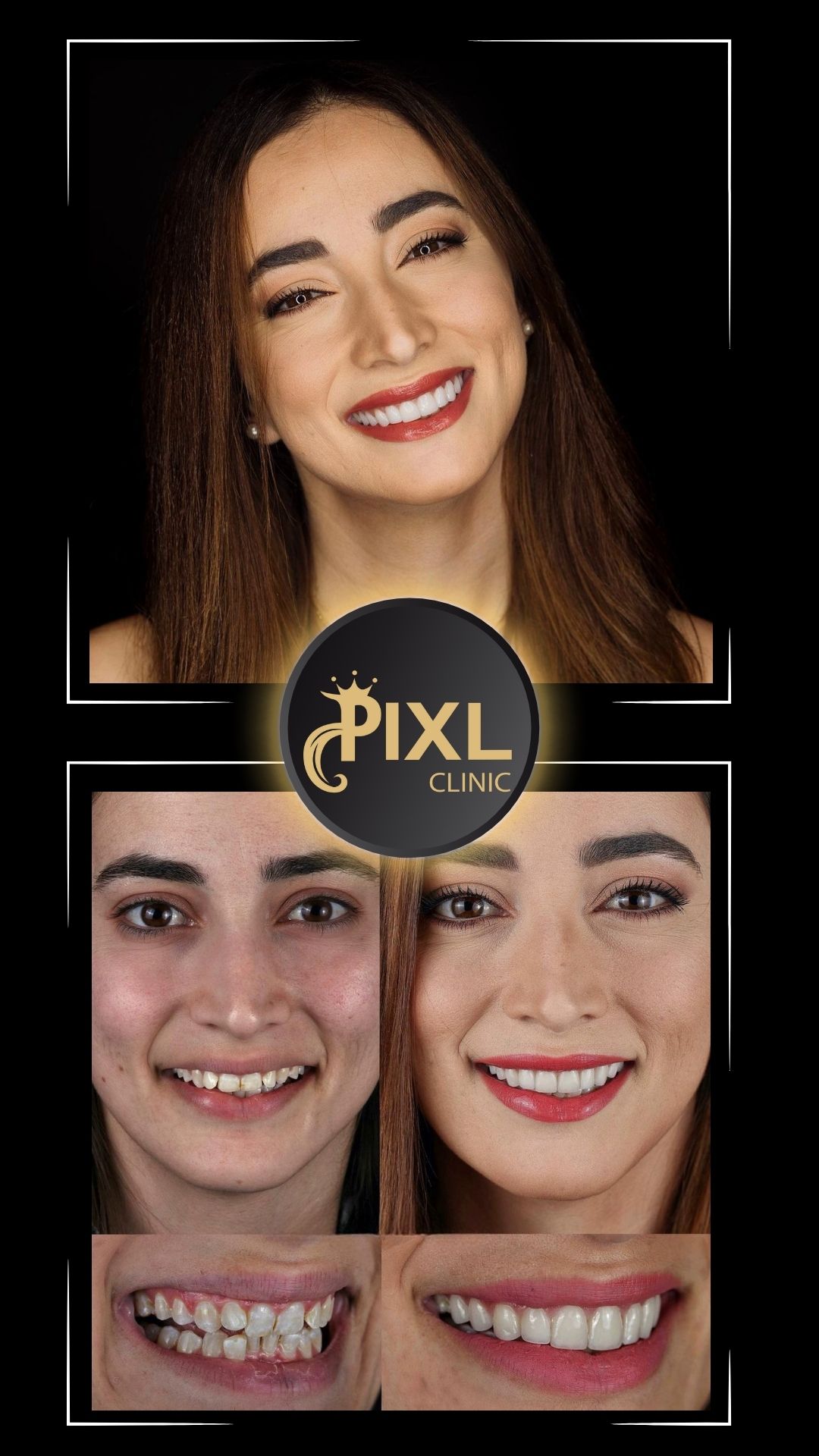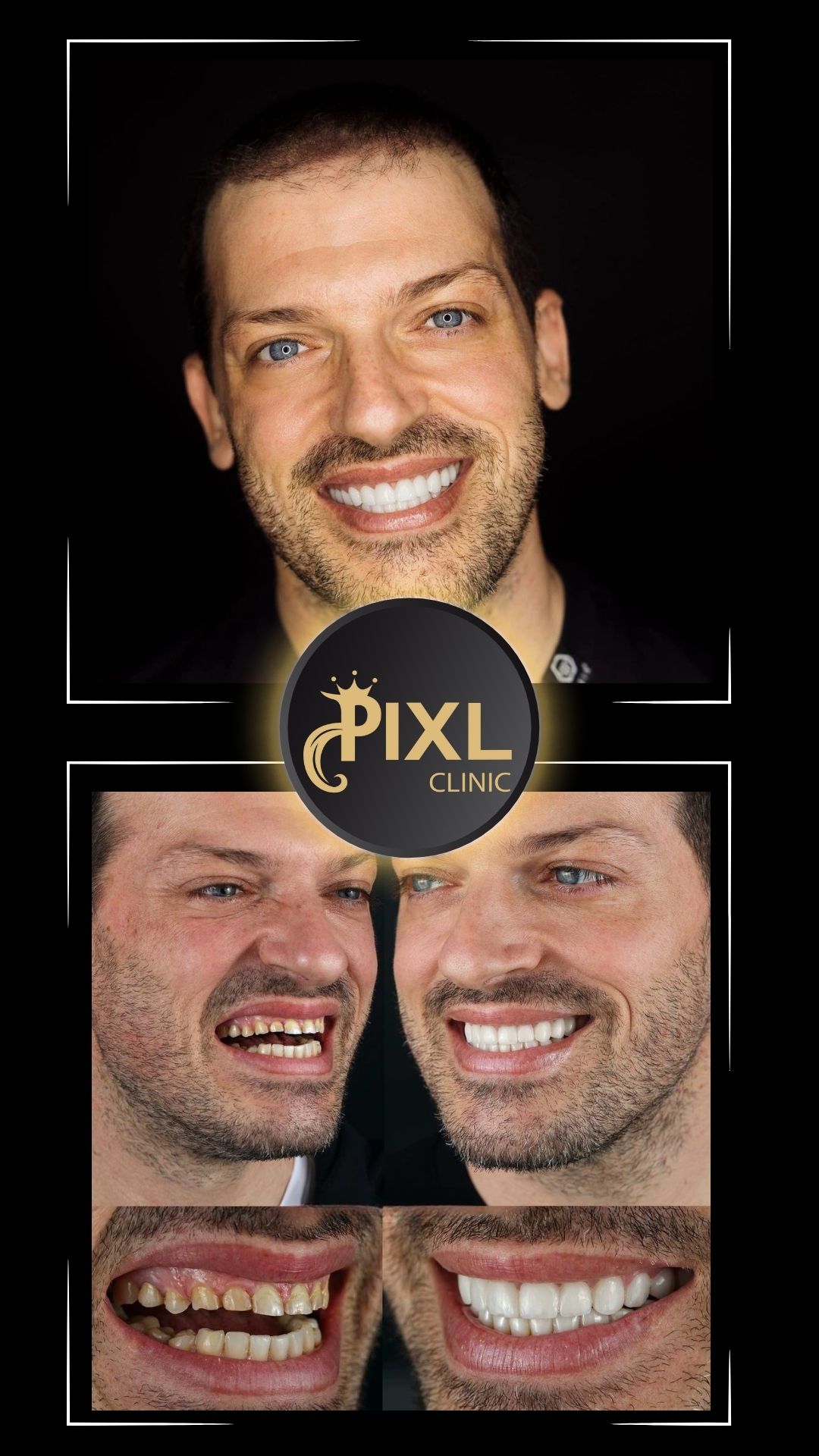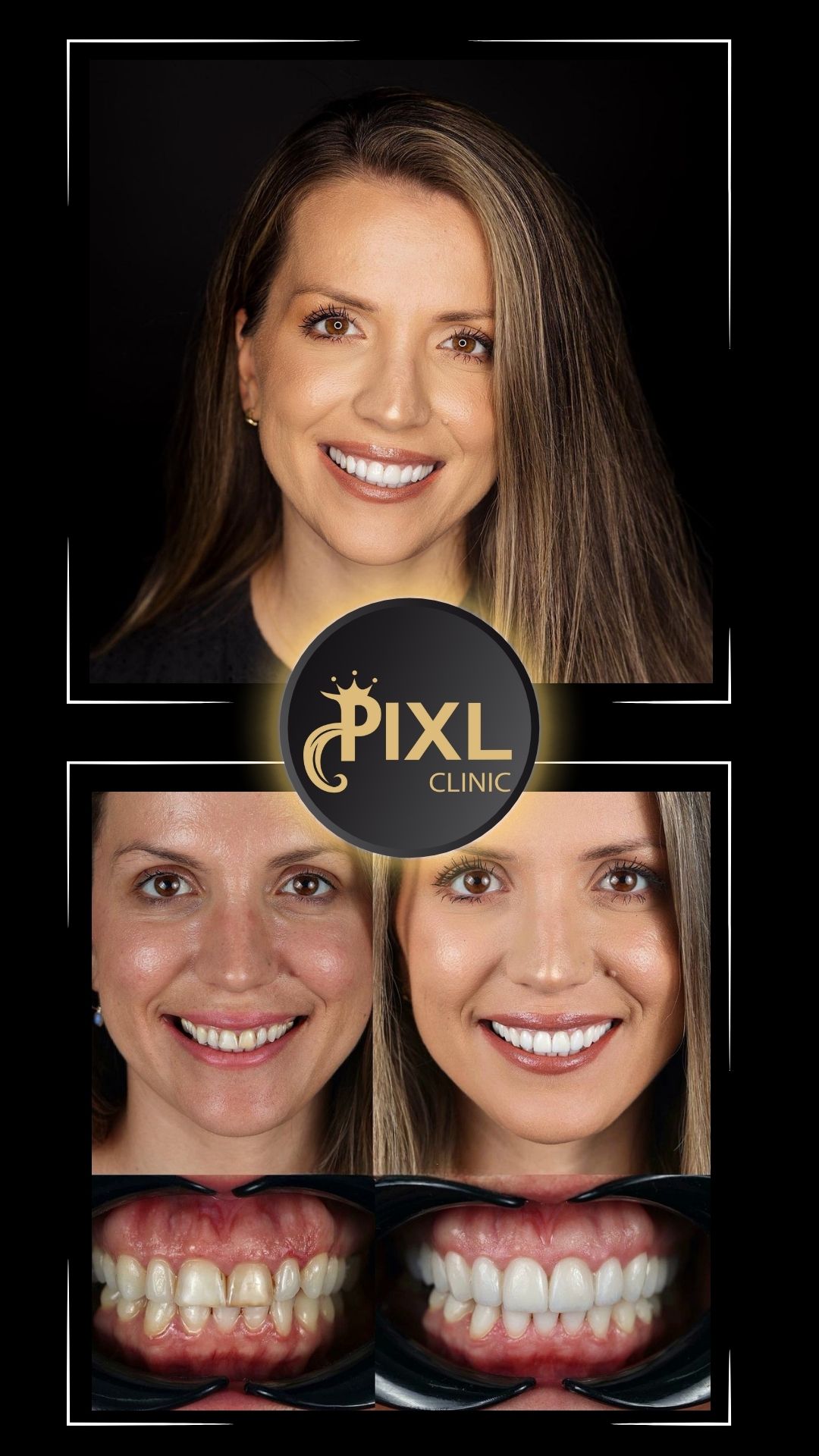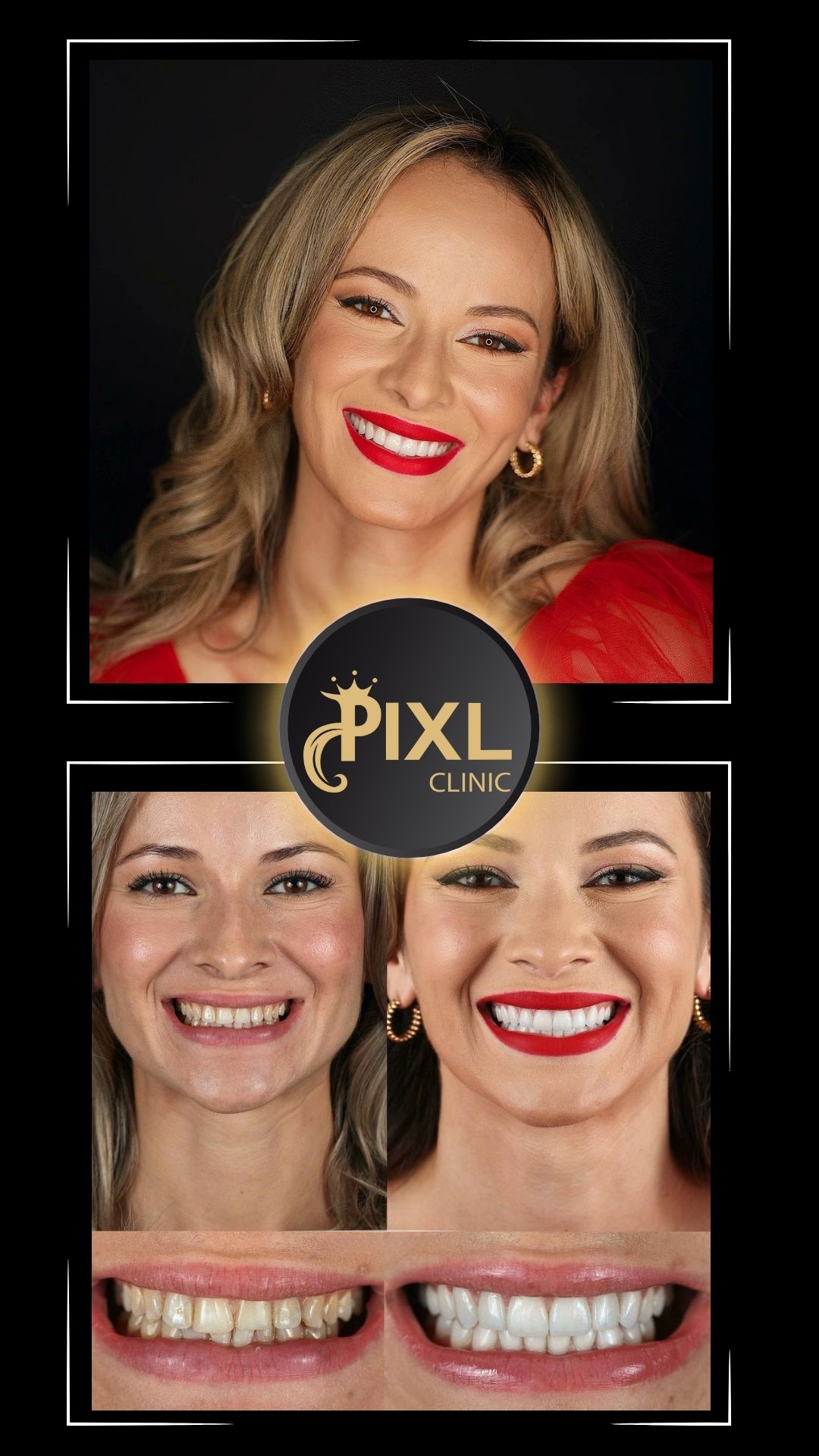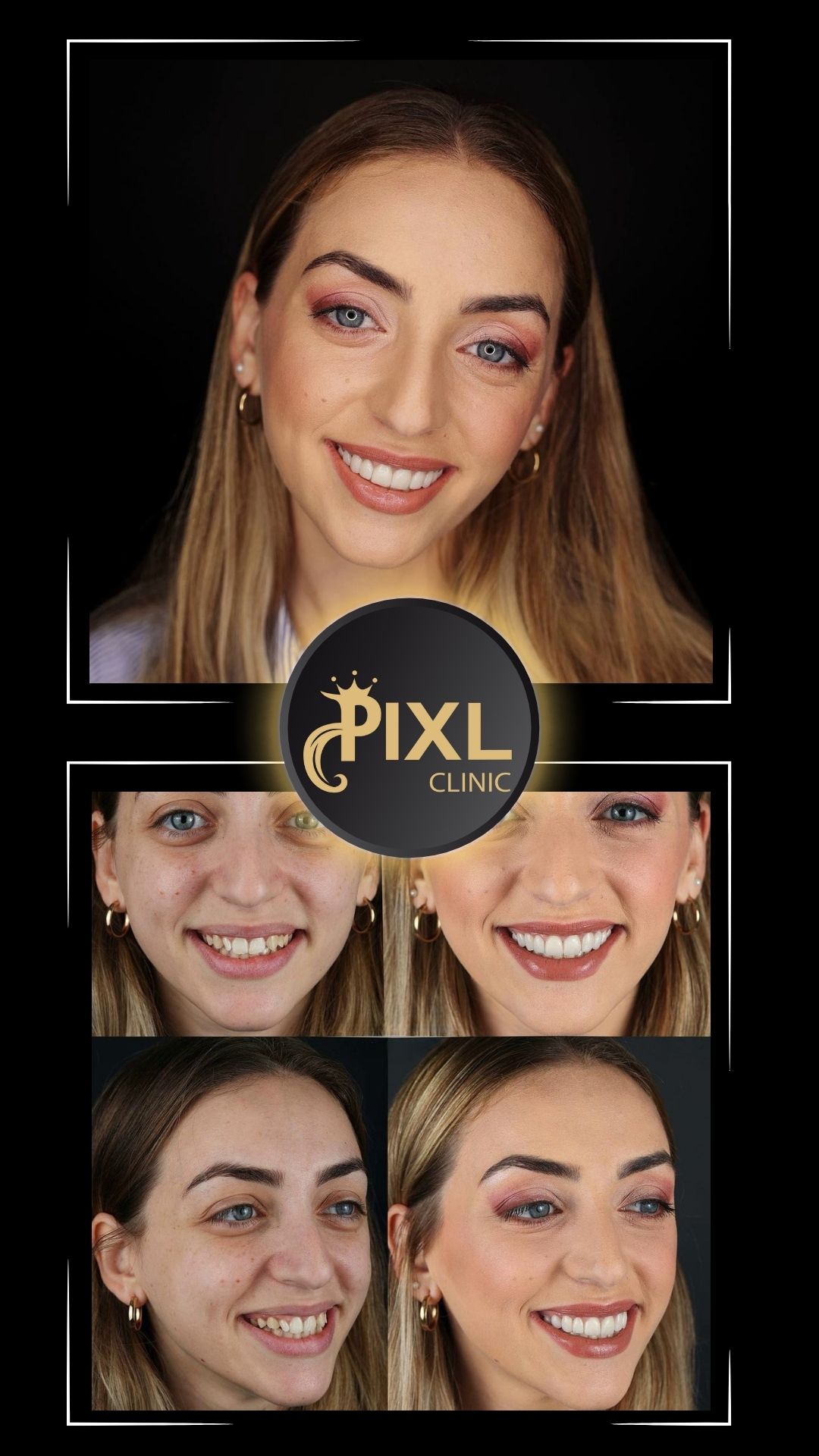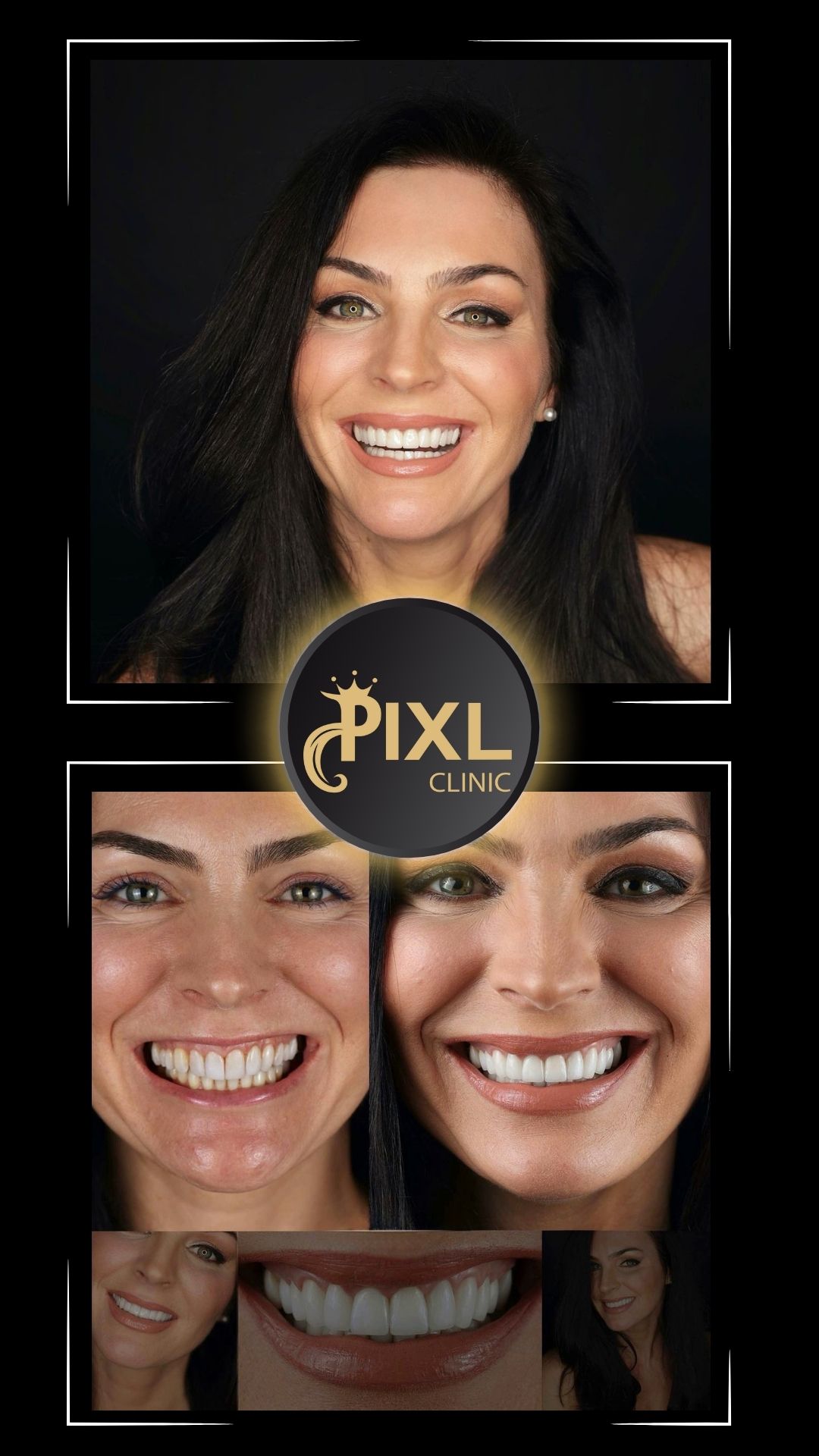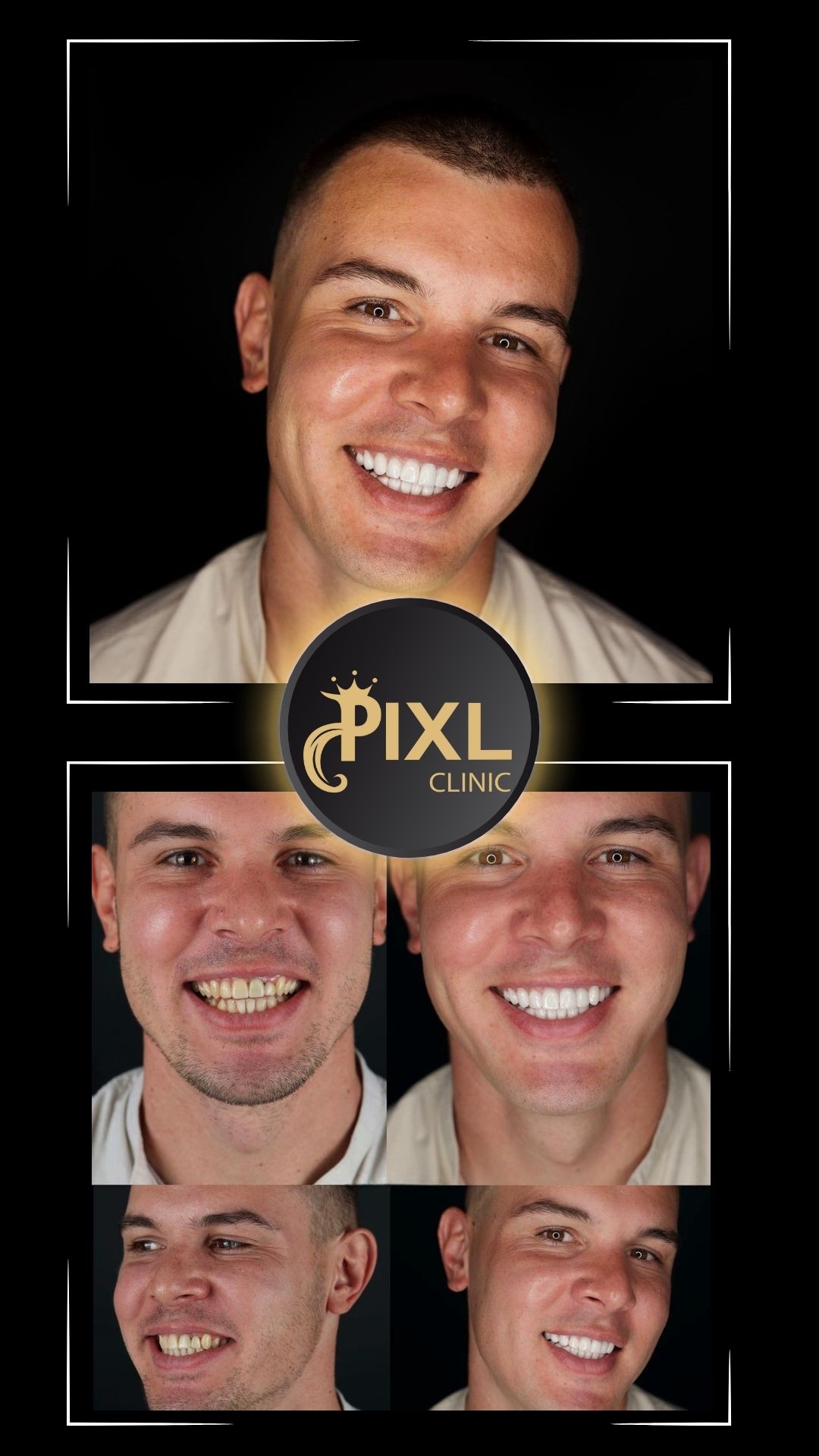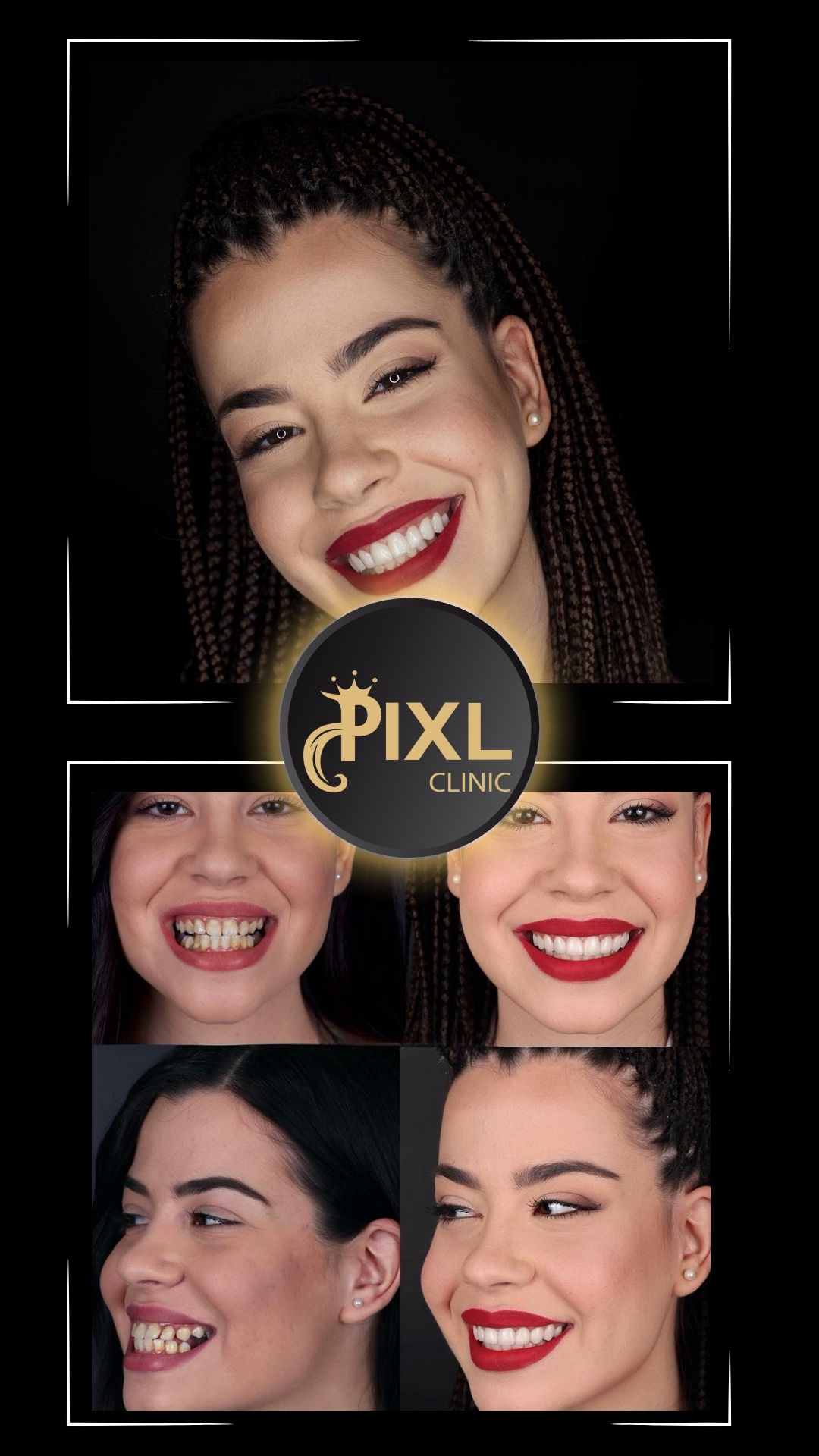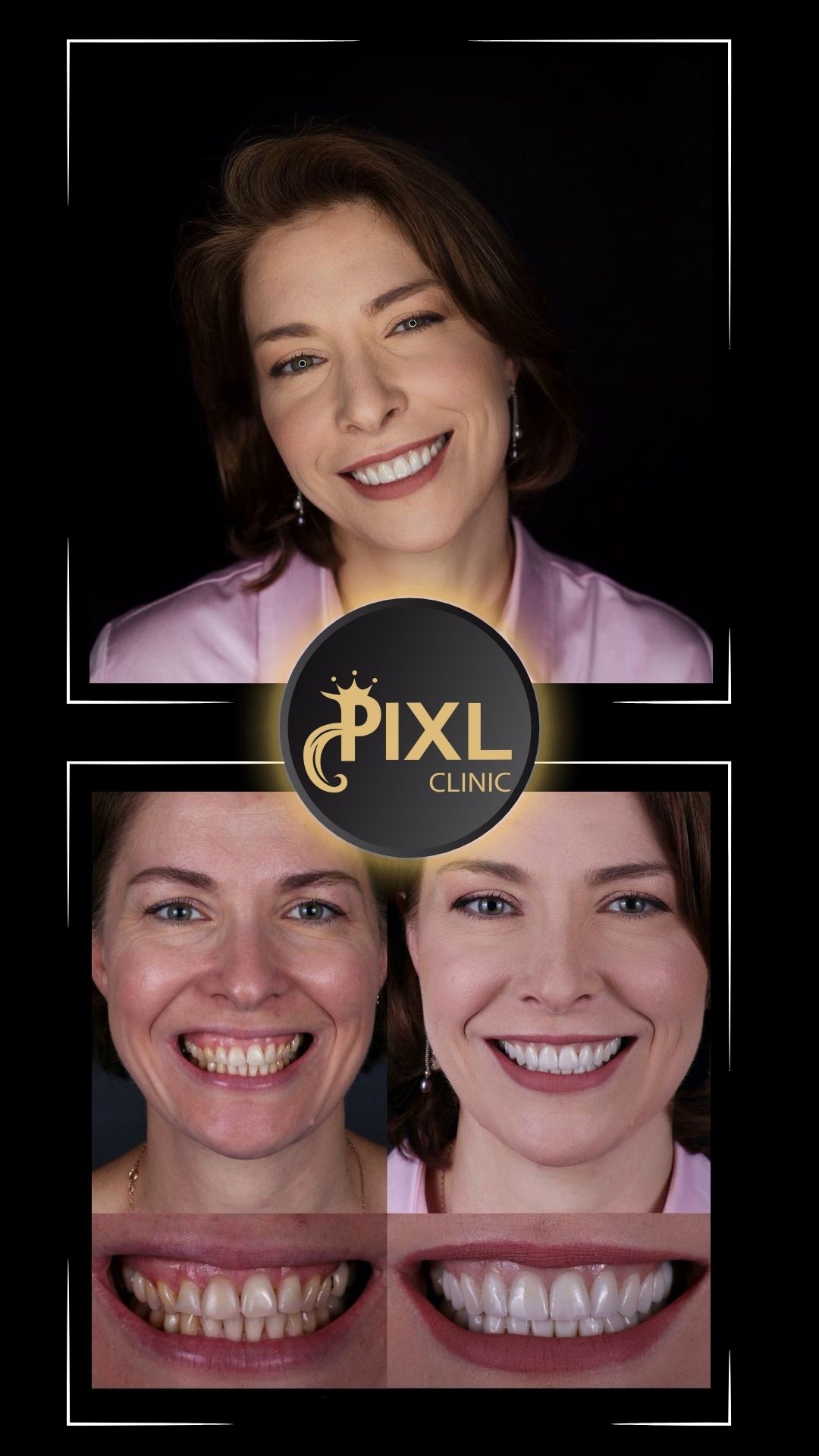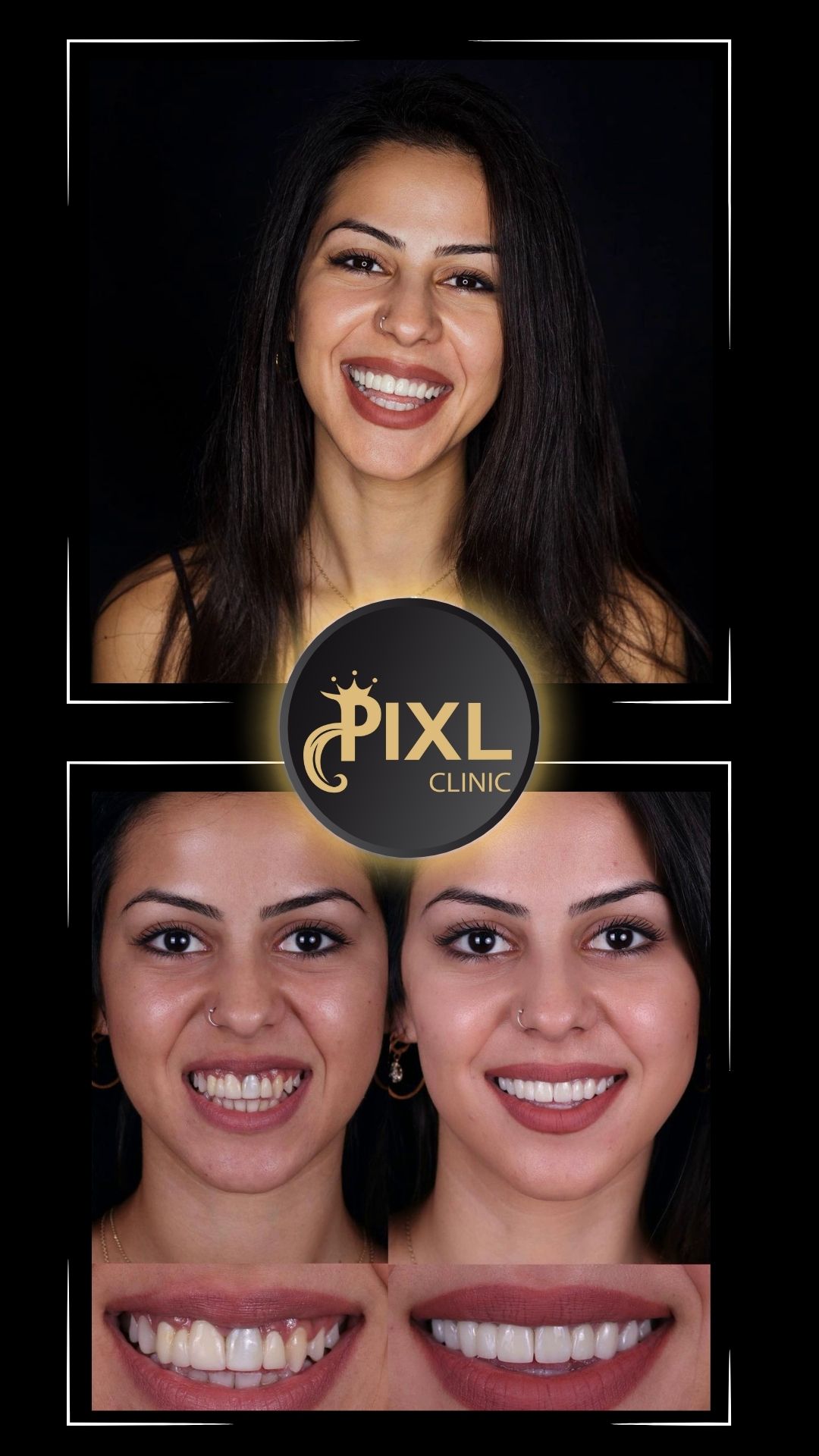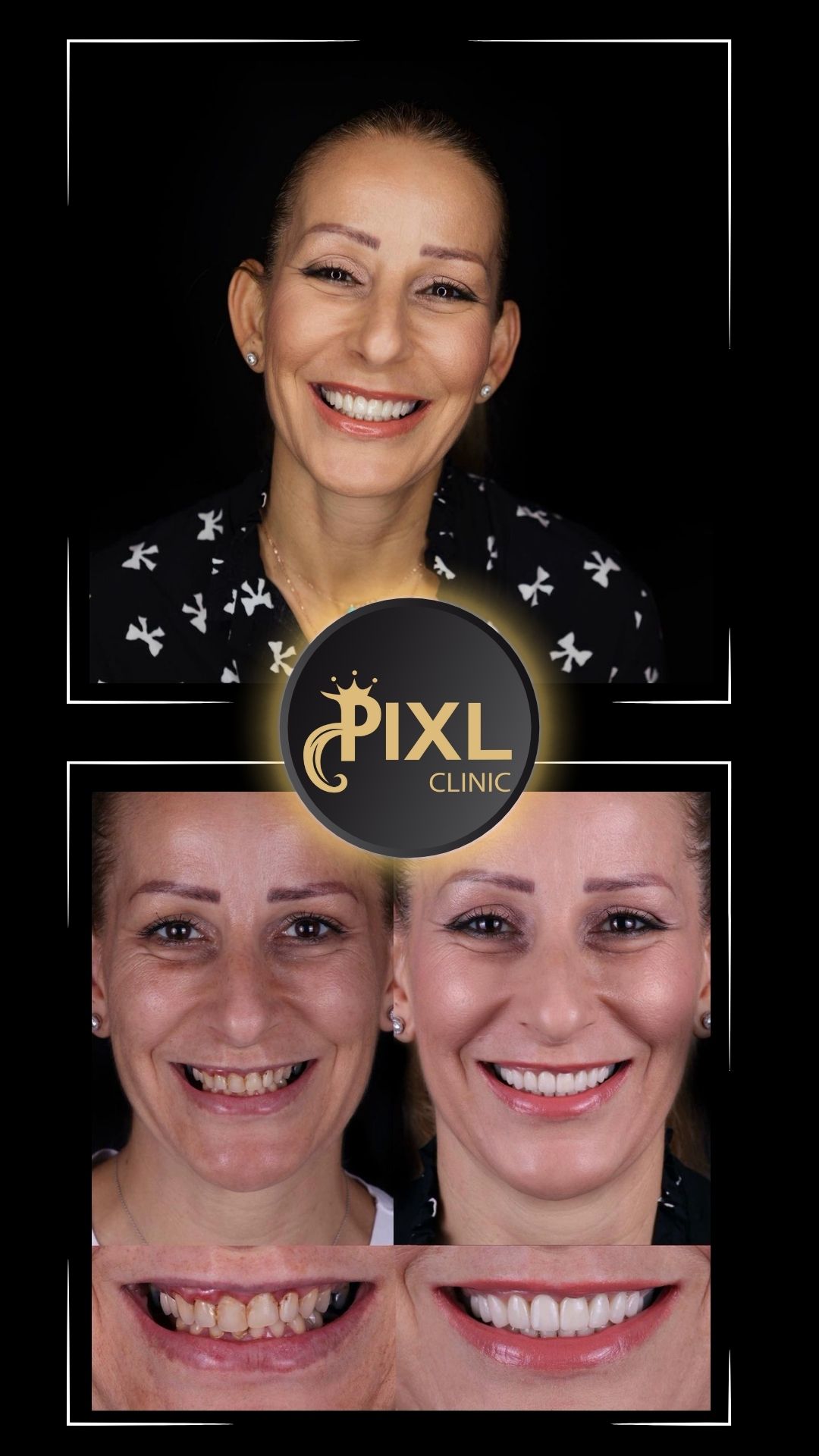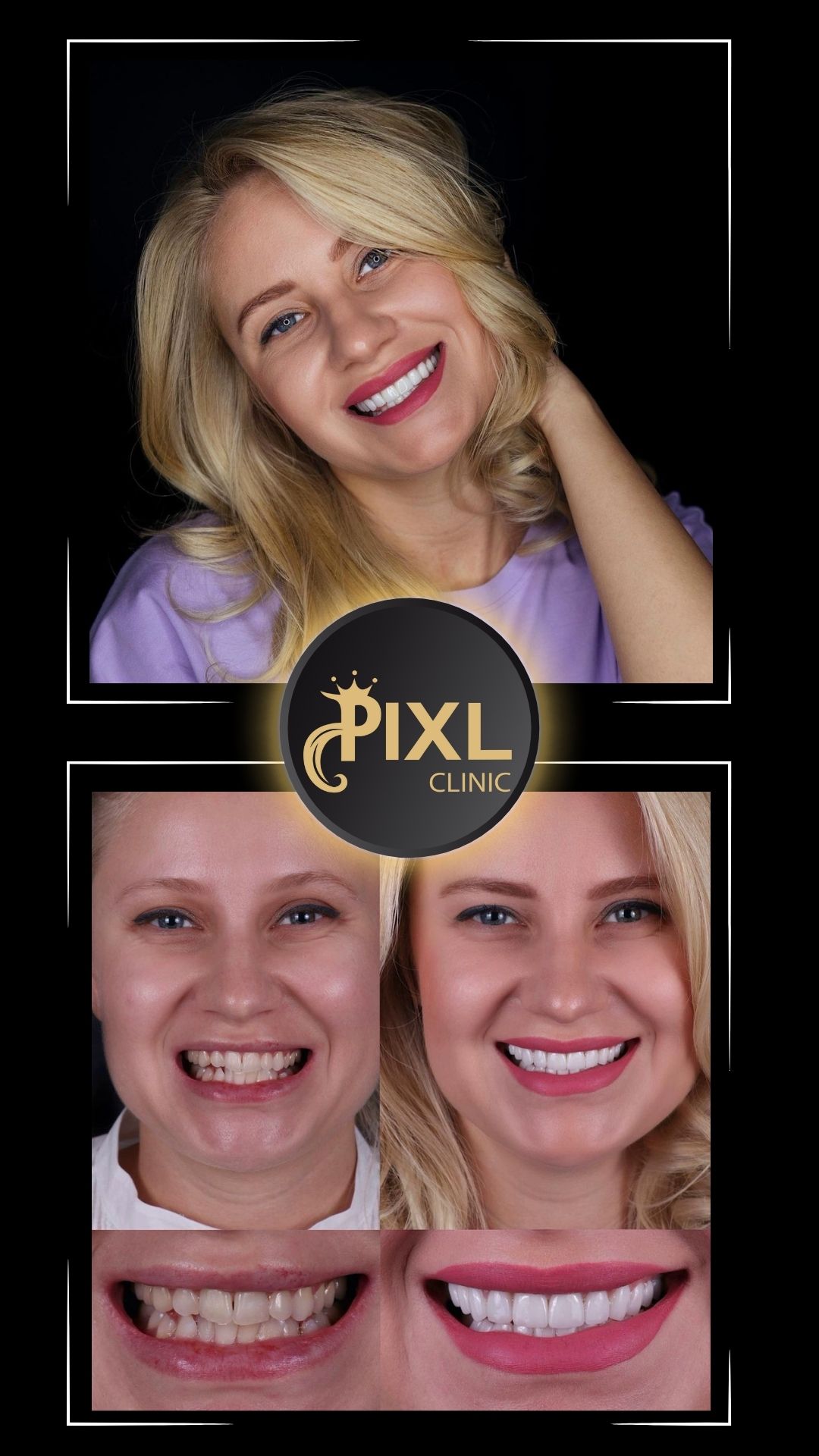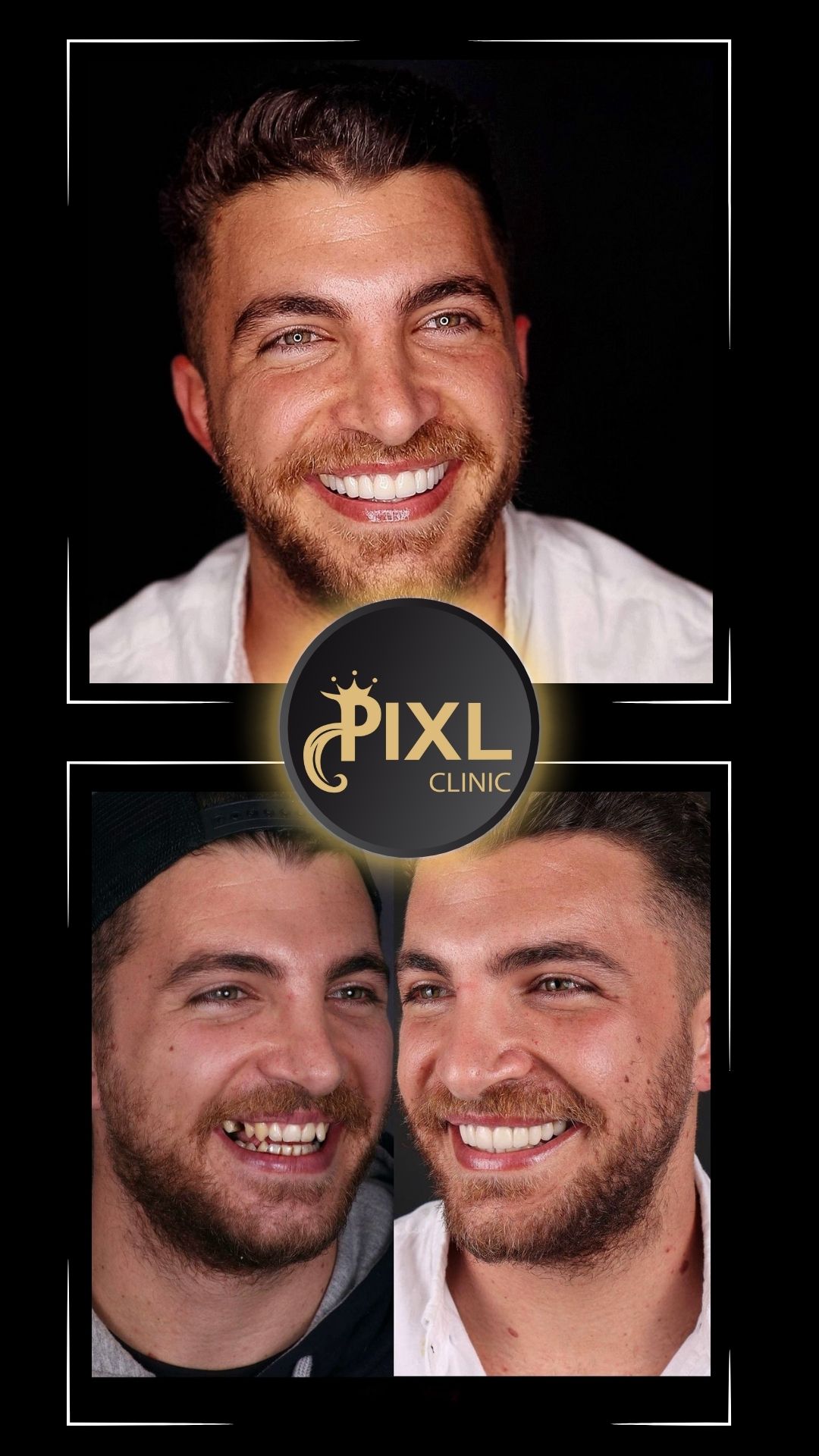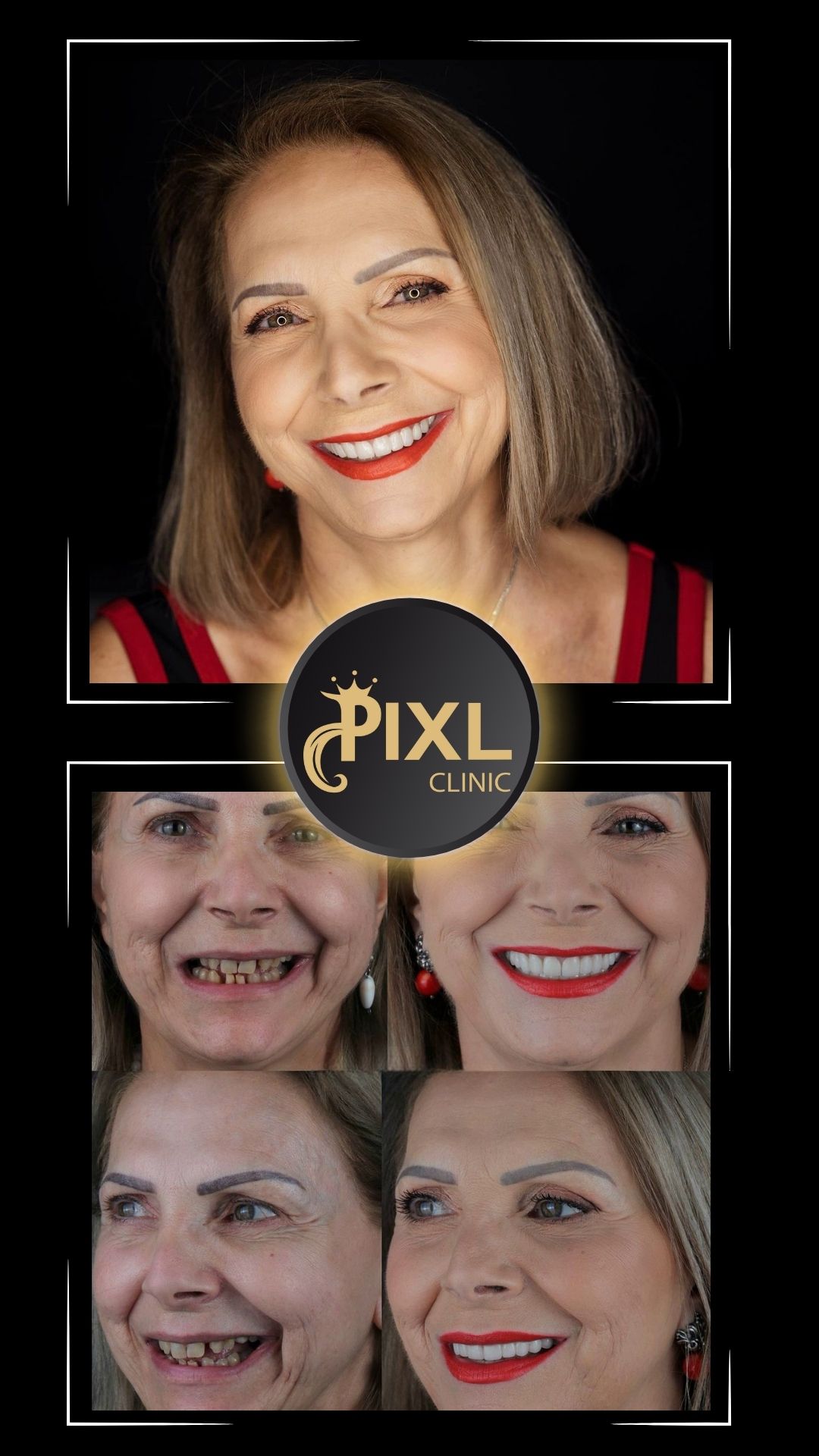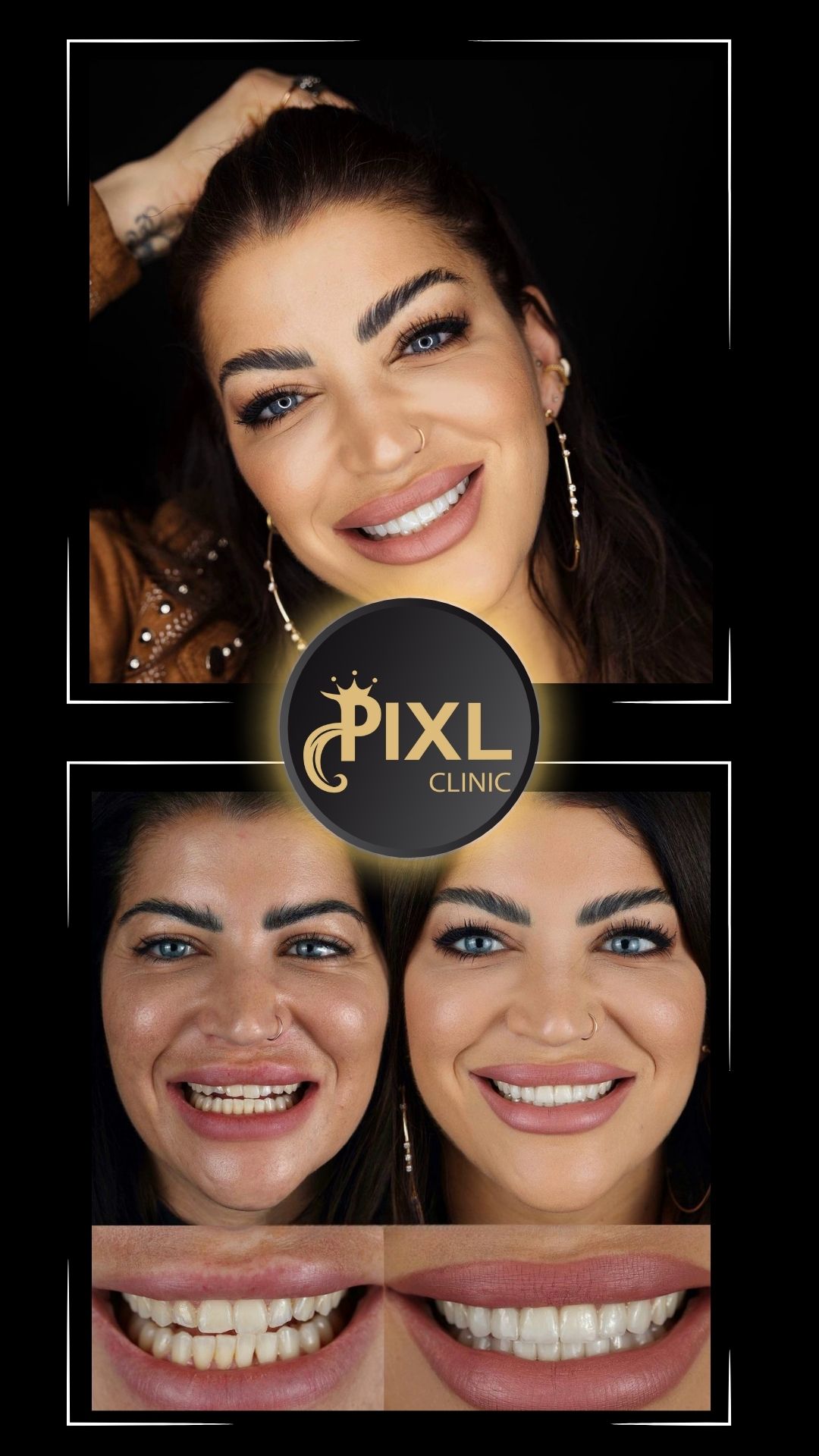Achieving Perfect Teeth in Three Simple Steps: Your Guide to a Flawless Smile
A flawless smile not only boosts your confidence but also reflects good oral health. Achieving perfect teeth doesn’t have to be complicated or expensive. With a few strategic steps, you can transform your smile and maintain it for years to come. Here’s your ultimate guide to achieving and maintaining a picture-perfect smile.

Step 1: Master the Basics of Oral Hygiene
The foundation of perfect teeth starts with excellent oral hygiene. Consistency and proper technique are key.
- Brush Twice a Day: Use a soft-bristled toothbrush and fluoride toothpaste. Brush gently for at least two minutes, covering every surface of your teeth.
- Floss Daily: Flossing removes plaque and food particles between teeth where a toothbrush can’t reach. Consider interdental brushes for added convenience.
- Rinse with Mouthwash: An antibacterial mouthwash helps reduce plaque, prevent gum disease, and freshen breath.
Pro Tip: Replace your toothbrush or toothbrush head every three months to ensure optimal cleaning.
Step 2: Enhance Your Smile with Professional Care
Regular visits to a dentist are crucial for achieving and maintaining a flawless smile.
- Schedule Routine Checkups: Visit your dentist every six months for a professional cleaning and examination. This helps catch and treat potential issues early.
- Whiten Your Teeth: Professional whitening treatments can remove stubborn stains caused by coffee, tea, or wine. Over-the-counter whitening strips can be a budget-friendly alternative.
- Consider Orthodontic Options: If alignment issues are a concern, explore solutions like braces or clear aligners to straighten your teeth.
Pro Tip: If dental visits make you anxious, look for a dentist who specializes in sedation or pain-free dentistry to make the experience more comfortable.
Step 3: Adopt Teeth-Friendly Habits
Your daily habits play a significant role in your oral health. Small changes can have a big impact.
- Limit Sugary and Acidic Foods: These can erode enamel and lead to cavities. Instead, opt for teeth-friendly snacks like crunchy fruits and vegetables.
- Stay Hydrated: Drinking water helps rinse away food particles and bacteria while promoting saliva production, which naturally protects teeth.
- Avoid Staining Substances: Cut back on smoking, coffee, and red wine, which can discolor your teeth over time.
Pro Tip: Chewing sugar-free gum after meals can help neutralize acids and clean your teeth when brushing isn’t an option.
Conclusion
Achieving perfect teeth is simpler than you think. By mastering oral hygiene, seeking professional care, and adopting healthy habits, you can enjoy a flawless smile that radiates confidence. Start your journey today, and let your smile become your best accessory!
Remember: A little effort goes a long way when it comes to maintaining your pearly whites. Your perfect smile is just three steps away!
FAQ: Perfect Teeth and a Flawless Smile
How often should I brush and floss my teeth?
You should brush your teeth at least twice a day and floss once daily. Brushing in the morning and before bed is essential, and flossing removes plaque and debris that brushing alone cannot reach.
What type of toothbrush should I use?
A soft-bristled toothbrush is recommended as it is gentle on your gums and enamel. Electric toothbrushes are also highly effective at removing plaque and ensuring thorough cleaning.
Is professional teeth whitening safe?
Yes, professional teeth whitening performed by a dentist is safe. It is more effective and controlled than over-the-counter options, minimizing risks like sensitivity or gum irritation.
How often should I visit the dentist?
You should visit your dentist for a routine checkup and cleaning every six months. However, if you have specific concerns or ongoing treatments, your dentist may recommend more frequent visits.
Can I straighten my teeth without braces?
Yes, clear aligners like Invisalign are a popular alternative to traditional braces. They are discreet, removable, and effective for correcting mild to moderate alignment issues.
What foods should I avoid for healthy teeth?
Limit sugary and acidic foods like candy, soda, and citrus fruits, as they can erode enamel. Also, reduce consumption of staining substances such as coffee, tea, and red wine.
Are over-the-counter teeth whitening products effective?
Over-the-counter whitening products can be effective for mild discoloration. However, they are less potent than professional treatments and may take longer to show noticeable results.
What should I do if my teeth are sensitive?
If you have sensitive teeth, switch to a toothpaste designed for sensitivity, avoid extreme temperatures in food and drinks, and consult your dentist to rule out underlying issues like gum recession or cavities.
Can I fix chipped or broken teeth?
Yes, dentists can repair chipped or broken teeth using procedures like bonding, veneers, or crowns, depending on the extent of the damage.
How do I prevent bad breath?
Practice good oral hygiene, including brushing your tongue and using mouthwash. Stay hydrated, avoid odorous foods, and visit your dentist to address any underlying dental issues causing persistent bad breath.
Are there natural ways to whiten my teeth?
Natural methods like brushing with baking soda or oil pulling may help remove surface stains, but they are not as effective or safe as professional treatments. Always consult your dentist before trying at-home remedies.
How can I protect my teeth from grinding at night?
A custom-made night guard from your dentist can protect your teeth from damage caused by grinding or clenching (bruxism) while you sleep.
Is fluoride necessary for healthy teeth?
Yes, fluoride strengthens enamel and helps prevent cavities. Use fluoride toothpaste and drink fluoridated water to maintain strong, healthy teeth.
Can I maintain white teeth after a whitening treatment?
To prolong whitening results, avoid staining foods and drinks, brush after meals, and use a whitening toothpaste or touch-up kit as recommended by your dentist.
What’s the best way to achieve a flawless smile?
Achieving a flawless smile involves maintaining good oral hygiene, regular dental visits, addressing alignment or cosmetic issues, and adopting healthy habits to protect your teeth.

